Is Saffron an Effective Natural Treatment for ADHD?
ADHD, or Attention-deficit/hyperactivity disorder, is a mental-behavioural disorder that affects both children and adults. It is characterized by impulsive behaviour, hyperactivity, and inattentiveness, and can have a significant impact on various aspects of personal and social life. (1)
Traditional treatment for ADHD includes medication and behavioural therapy, with stimulant drugs like methylphenidate (Ritalin) being the most common choice. However, these medications may come with side effects and concerns about long-term use (2,3). Side effects are particularly common in those with ADHD and other mental/emotional co-morbidities. As a result, there is growing interest in exploring alternative approaches, such as herbal medicine, for the treatment of ADHD.
In this article, we will discuss the potential role of naturopathic medicine in treating/ supporting the treatment of those who suffer from ADHD, introduce botanicals with significant evidence that shows efficacy and give general guidelines for those looking to participate actively in their own treatment.
Blog Contents
The Potential of Herbal Medicine for ADHD Treatment
Herbal medicine has a long history of use for various disorders and is more readily accepted by populations worldwide due to cultural backgrounds and perceived safety. Additionally, natural products and herbs often serve as a source of inspiration for the development of modern medicines. One such herb is saffron, derived from the Crocus sativus plant. (6)
Saffron has been used for culinary, colouring, and medicinal purposes in Asian and European countries for centuries. It contains bioactive constituents like Crocin, Picrocrocin, Safranal, and Crocetin, which are responsible for its unique medicinal properties. (7)
Saffron's Impact on the Central Nervous System
Recent studies have focused on saffron's impact on the central nervous system (CNS), particularly in the treatment of depression. Saffron has been shown to be comparable to fluoxetine and imipramine, two commonly used antidepressants, for the treatment of mild to moderate depression. (8,9)
Saffron’s bioactive components are believed to enhance the inhibition of dopamine and norepinephrine reuptake, acting as N-methyl-D-aspartic acid receptor antagonists and GABA-α agonists (10). These mechanisms are also relevant to ADHD, as stimulant medications like Ritalin primarily target dopamine and norepinephrine.
Such characteristics make it so that saffron supports relaxation, a good mood and a balanced level of energy.

Evidence for Saffron's Efficacy in ADHD Treatment
Several studies have explored the potential of saffron as an alternative treatment for ADHD. In a randomized, double-blinded, placebo-controlled clinical trial, saffron was investigated as an adjunctive treatment with Ritalin in adults with ADHD. The results showed promising outcomes, suggesting that saffron could effectively complement Ritalin in managing ADHD symptoms. (12)
In a study involving children with ADHD, the results indicated comparable findings, highlighting that saffron exhibited overall similarity in efficacy, with a notable emphasis on its greater effectiveness in reducing hyperactivity symptoms. On the other hand, methylphenidate demonstrated superior efficacy in addressing symptoms of inattention. (13)
Saffron's Mechanisms of Action in ADHD Treatment
The mechanisms by which saffron exerts its effects on ADHD symptoms are still being explored. Saffron's ability to modulate neurotransmitters like dopamine, serotonin, and noradrenaline may contribute to its therapeutic potential. (7)
Additionally, saffron's antioxidant and anti-inflammatory properties could help reduce oxidative stress and inflammation, which have been implicated in the pathophysiology of ADHD. However, more research is needed to fully understand the precise mechanisms of saffron's action in ADHD treatment. (8,10)
The Safety Profile of Saffron
One significant advantage of using saffron as a treatment option for ADHD is its favourable safety profile. Unlike stimulant medications, saffron is a natural substance with a long history of culinary and medicinal use.
It has been proven safe and well-tolerated in various studies, alleviating concerns about potential side effects and long-term use. However, as with any treatment, it is essential to consult with a healthcare professional before starting saffron supplementation, especially for individuals with underlying medical conditions or those taking other medications. (12,13)
The Role of Herbal Combinations in ADHD Treatment
The Physiology of ADHD
While the exact causes of ADHD are not fully understood, researchers have identified certain neurological and neurotransmitter issues that are believed to play a role in its development. One of the neurotransmitters implicated in ADHD is dopamine, which is involved in regulating attention, motivation, and impulse control. (5)
Individuals with ADHD tend to have lower levels of dopamine or dysregulated dopamine activity in certain regions of the brain. This can lead to difficulties in sustaining attention, impulsivity, and hyperactivity, which are hallmark symptoms of the disorder. Additionally, norepinephrine, another neurotransmitter, is also thought to be involved in ADHD, as it plays a role in regulating alertness and arousal. (1, 2, 11)
How Does Stress Affect Those with ADHD?
Cortisol, a hormone released in response to stress, can potentially impact the neurological and neurotransmitter issues associated with ADHD. Cortisol is released by the adrenal glands in times of stress and has various effects on the body, including influencing brain function. Elevated levels of cortisol over an extended period, such as chronic stress, can affect the brain's structure and function. (14)
Research suggests that high levels of cortisol may interfere with the functioning of dopamine and norepinephrine systems in the brain. Cortisol can reduce the availability of dopamine and disrupt the balance of neurotransmitters, contributing to the symptoms of ADHD. Additionally, chronic stress and high cortisol levels can impair executive functions, which are cognitive processes involved in planning, organizing, and self-regulation—functions that individuals with ADHD often struggle with. (15)
Furthermore, stress and high cortisol levels can worsen the symptoms of ADHD. Stress can exacerbate inattentiveness, impulsivity, and hyperactivity in individuals with the disorder. It can make it even more challenging for them to concentrate, regulate their behaviour, and manage their emotions effectively.
It's important to note that while there is evidence to suggest a link between cortisol and ADHD symptoms, the relationship is complex, and not all individuals with ADHD experience the same cortisol-related effects. The interaction between cortisol and ADHD is likely influenced by various factors, including genetic predispositions, environmental stressors, and individual differences. (16)
Addressing chronic stress and implementing stress management techniques may help alleviate the impact of cortisol on ADHD symptoms. Strategies such as mindfulness meditation, exercise, and engaging in enjoyable activities can help reduce stress and promote well-being. Additionally, individuals with ADHD may benefit from comprehensive treatment approaches that include medication, behavioural therapies, and supportive interventions to manage their symptoms effectively.
It's worth mentioning that ADHD is a multifaceted condition with diverse underlying causes and individual variations. While cortisol and its relationship to ADHD offer insights into potential mechanisms, further research is needed to fully understand the complex interplay between neurological issues, neurotransmitters, and stress-related factors in ADHD.
Rhodiola for Stress Management
Rhodiola rosea, commonly known as golden root, is an adaptogenic herb that has been used for centuries in traditional medicine to combat stress and fatigue. It has gained attention in recent years for its potential to support the body's response to stress and enhance mental well-being. (17)
Research has shown that Rhodiola can effectively reduce perceived stress levels and alleviate symptoms of anxiety and depression. In one study, supplementation with rhodiola extract led to a significant decrease in Hamilton Rating Scale for Depression scores, indicating its potential as a natural remedy for mild to moderate depression. (18-20)
Rhodiola and Cognitive Function
In addition to its stress-relieving properties, rhodiola has also been found to improve cognitive function. It can enhance mental performance, relieve mental fatigue, and boost energy levels. By modulating neurotransmitters and stimulating the release of brain-derived neurotrophic factor (BDNF), Rhodiola may improve focus, memory, and overall cognitive performance. (17, 21)
Ashwagandha for Adrenal Health
Ashwagandha, scientifically known as Withania somnifera, is an adaptogenic herb widely used in Ayurvedic medicine. It has gained popularity for its ability to support adrenal health and reduce the negative effects of chronic stress on the body.
Studies have shown that ashwagandha can effectively lower cortisol levels, reduce C-reactive protein, and balance hormonal glands.
There is no specific clinical trial with ashwagandha for ADHD mentioned in the literature. However, one of the studies (24) evaluated the effects of Ayurvedic treatment, including ashwagandha, on the reaction time of children with ADHD. The study found that the combination of the drug and Shirodhara was more effective in reducing reaction time than either the drug or placebo alone.
Another study evaluated the safety and efficacy of a high-concentration full-spectrum extract of ashwagandha root in reducing stress and anxiety in adults. The study found that the ashwagandha extract was safe and effective in improving an individual's resistance to stress and thereby improving their quality of life. (25)
Overall, while some studies suggest that ashwagandha may have potential benefits for ADHD and stress, more research is needed to determine its effectiveness and safety for these conditions.
ADHD and Other Mental/ Emotional Co-Morbidities
Holy Basil for Stress and Anxiety
Holy basil, also known as Tulsi, is a revered herb in Ayurvedic medicine for its adaptogenic properties. It has been traditionally used to treat mood swings, lack of concentration, and even suicidal thoughts.
Studies have shown that holy basil extract can effectively reduce anxiety and symptoms of depression, comparable to antidepressant drugs. By modulating neurotransmitters and balancing stress hormones, holy basil may alleviate stress-related symptoms and promote a sense of calm and well-being. (26)
Holy Basil and ADHD Management
There is limited research on the effects of Holy Basil on ADHD specifically. However, there have been some studies on the general effects of Holy Basil on cognitive function and attention.
A systematic review of the literature on the clinical efficacy and safety of Tulsi (Holy Basil) in humans found that some studies reported improvements in cognitive function and attention. (27)
A study published in the Journal of Ayurveda and Integrative Medicine found that Holy Basil extracts improved cognitive function and attention in healthy adults. (28)
Botanical Synergy
Considering the individual benefits of saffron, Rhodiola, ashwagandha, and holy basil, it is intriguing to explore their potential synergistic effects when combined. While there is a lack of research specifically examining the combination of these botanicals, their individual properties suggest that they may complement each other in promoting mood support, adrenal health, and even ADHD management.
It is important to note that the combination of botanicals, when done correctly, may have a synergistic effect that surpasses the simple sum of their individual effects, potentially leading to enhanced and complementary therapeutic benefits.
An observational study conducted in primary care settings indicated that the tested combination of Rhodiola and saffron could be beneficial for managing mild to moderate depression. Findings suggest that the combination of Rhodiola and saffron may offer potential benefits for depression management. (19)

ADHD and Other Mental Health Conditions
ADHD is often accompanied by other mental health conditions, known as comorbidities. The most common ADHD comorbidities are (29):
- Learning disabilities
- Anxiety
- Depression
- Sensory processing disorder
- Oppositional defiant disorder
- Obsessive-compulsive disorder (OCD)
- Autism spectrum disorder
- Bipolar disorder
- Body-focused repetitive behaviours
- Disruptive mood dysregulation disorder
- Eating disorders
- Language processing disorder
- Personality disorders
- Sleep disorders
- Tourette's syndrome
It is important to note that many disorders can coexist with ADHD, but certain disorders tend to occur more commonly with ADHD. For example, about 40% of individuals with ADHD have Oppositional Defiant Disorder (ODD), which involves a pattern of arguing, losing one’s temper, refusing to follow rules, blaming others, deliberately annoying others, and being angry, resentful, spiteful, and vindictive. Up to 20% of individuals with ADHD may show symptoms of bipolar disorder. (29, 30)
In addition, children with ADHD are likely to have other disorders as well, such as behaviour or conduct problems, learning disorders, anxiety, and depression[5]. Other conditions that may be confused with or appear along with ADHD include sudden life changes, undetected seizures, thyroid problems, lead toxicity, sleep problems, drug or alcohol use, and relationship problems. (31)
Thus, treating ADHD is more likely to be effective when a holistic approach that evaluates all co-morbidities is followed. It is also important to keep in mind that some medications for ADHD can lead to an improvement in one symptom and exacerbation in another symptom.
ADHD and Gut Health
Research suggests a strong link between gut health, immune health, and ADHD. Patients with ADHD commonly experience gastrointestinal issues and immune dysregulation. An unbalanced gut microbiome can contribute to inflammation and potentially impact mental health. To improve gut health, consider consuming a gut-friendly diet, reducing high-sugar foods, managing stress, and incorporating probiotics or prebiotics.
Integrating Herbal Medicine with Conventional Treatment
It is important to note that herbal medicine should not be seen as a replacement for conventional ADHD treatment but rather as a complementary approach. The evidence supporting the efficacy of herbal medicine in ADHD treatment is still limited, and more research is needed to establish its effectiveness and safety. However, for individuals who are hesitant to use stimulant medications or who are looking for alternative options, talking to a healthcare provider about herbal options, including saffron, may offer a viable choice.
Conclusion
ADHD is a complex disorder that can significantly impact an individual's life. While traditional treatments like stimulant medications have proven effective for many individuals, they may not be suitable or desirable for everyone. Herbal medicine, including saffron for ADHD, offers a potential alternative treatment with its unique bioactive constituents and favourable safety profile. Studies have shown promising results, indicating that saffron could effectively complement conventional medications in managing ADHD symptoms. However, more research is needed to fully understand the mechanisms of action and establish the efficacy of saffron and other herbal combinations in ADHD treatment. As always, it is essential to consult with a healthcare professional before incorporating any herbal supplements into a treatment plan.
Article References
- Furman L. What is attention-deficit hyperactivity disorder (ADHD)?. Journal of child neurology. 2005 Dec;20(12):994-1002.
- Thapar A, Cooper M, Eyre O, Langley K. Practitioner review: what have we learnt about the causes of ADHD?. Journal of Child Psychology and Psychiatry. 2013 Jan;54(1):3-16.
- Barkley RA, Murphy KR, Fischer M. ADHD in adults: What the science says. Guilford press; 2010 Nov 1.
- Toomey SL, Sox CM, Rusinak D, Finkelstein JA. Why do children with ADHD discontinue their medication?. Clinical Pediatrics. 2012 Aug;51(8):763-9.
- Stueber A, Cuttler C. Self-reported effects of cannabis on ADHD symptoms, ADHD medication side effects, and ADHD-related executive dysfunction. Journal of Attention Disorders. 2022 Apr;26(6):942-55.
- Singh AK, Chand D. Indigenous knowledge and ethnobotany associated with saffron (Crocus sativus L.) in Kashmir. Indian Journal of Plant Genetic Resources. 2005;18(3):191-5.
- Mohtashami L, Amiri MS, Ramezani M, Emami SA, Simal-Gandara J. The genus Crocus L.: A review of ethnobotanical uses, phytochemistry and pharmacology. Industrial Crops and Products. 2021 Nov 1;171:113923.
- Monika T, Neha S. Saffron: a golden condiment and a repository of nutraceutical potential. Food Science Research Journal. 2014;5(1):59-67.
- Khaksarian M, Behzadifar M, Behzadifar M, Alipour M, Jahanpanah F, Re TS, Firenzuoli F, Zerbetto R, Bragazzi NL. The efficacy of Crocus sativus (Saffron) versus placebo and Fluoxetine in treating depression: A systematic review and meta-analysis. Psychology research and behavior management. 2019 Apr 23:297-305.
- Matraszek-Gawron R, Chwil M, Terlecki K, Skoczylas MM. Current Knowledge of the Antidepressant Activity of Chemical Compounds from Crocus sativus L. Pharmaceuticals. 2022 Dec 30;16(1):58.
- Madras BK, Miller GM, Fischman AJ. The dopamine transporter and attention-deficit/hyperactivity disorder. Biological psychiatry. 2005 Jun 1;57(11):1397-409.
- Pazoki B, Zandi N, Assaf Z, Moghaddam HS, Zeinoddini A, Mohammadi MR, Akhondzadeh S. Efficacy and safety of saffron as adjunctive therapy in adults with attention-deficit/hyperactivity disorder: A randomized, double-blind, placebo-controlled clinical trial. Advances in Integrative Medicine. 2022 Mar 1;9(1):37-43.
- Blasco-Fontecilla H, Moyano-Ramírez E, Méndez-González O, Rodrigo-Yanguas M, Martin-Moratinos M, Bella-Fernández M. Effectivity of Saffron Extract (Saffr’Activ) on Treatment for Children and Adolescents with Attention Deficit/Hyperactivity Disorder (ADHD): A Clinical Effectivity Study. Nutrients. 2022 Sep 28;14(19):4046.
- Corominas M, Ramos-Quiroga JA, Ferrer M, Sáez-Francàs N, Palomar G, Bosch R, Casas M. Cortisol responses in children and adults with attention deficit hyperactivity disorder (ADHD): a possible marker of inhibition deficits. ADHD Attention Deficit and Hyperactivity Disorders. 2012 Jun;4:63-75.
- Chang JP, Su KP, Mondelli V, Pariante CM. Cortisol and inflammatory biomarker levels in youths with attention deficit hyperactivity disorder (ADHD): evidence from a systematic review with meta-analysis. Translational psychiatry. 2021 Aug 19;11(1):430.
- Wang LJ, Huang YS, Hsiao CC, Chen CK. The trend in morning levels of salivary cortisol in children with ADHD during 6 months of methylphenidate treatment. Journal of attention disorders. 2017 Feb;21(3):254-61.
- Khanum F, Bawa AS, Singh B. Rhodiola rosea: a versatile adaptogen. Comprehensive reviews in food science and food safety. 2005 Jul;4(3):55-62.
- Mao JJ, Li QS, Soeller I, Xie SX, Amsterdam JD. Rhodiola rosea therapy for major depressive disorder: A study protocol for a randomized, double-blind, placebo-controlled trial. Journal of clinical trials. 2014 Jun 20;4:170.
- Bangratz M, Ait Abdellah S, Berlin A, Blondeau C, Guilbot A, Dubourdeaux M, Lemoine P. A preliminary assessment of a combination of rhodiola and saffron in the management of mild–moderate depression. Neuropsychiatric disease and treatment. 2018 Jul 13:1821-9.
- Bangratz M, Ait Abdellah S, Berlin A, Blondeau C, Guilbot A, Dubourdeaux M, Lemoine P. A preliminary assessment of a combination of rhodiola and saffron in the management of mild–moderate depression. Neuropsychiatric disease and treatment. 2018 Jul 13:1821-9.
- Walker TB, Robergs RA. Does Rhodiola rosea possess ergogenic properties?. International journal of sport nutrition and exercise metabolism. 2006 Jun 1;16(3):305-15.
- Zahiruddin S, Basist P, Parveen A, Parveen R, Khan W, Ahmad S. Ashwagandha in brain disorders: A review of recent developments. Journal of ethnopharmacology. 2020 Jul 15;257:112876.
- Zahiruddin S, Basist P, Parveen A, Parveen R, Khan W, Ahmad S. Ashwagandha in brain disorders: A review of recent developments. Journal of ethnopharmacology. 2020 Jul 15;257:112876.
- Singhal HK, Kumar A, Rai M. Ayurvedic approach for improving reaction time of attention deficit hyperactivity disorder affected children. Ayu. 2010 Jul;31(3):338.
- Chandrasekhar K, Kapoor J, Anishetty S. A prospective, randomized double-blind, placebo-controlled study of safety and efficacy of a high-concentration full-spectrum extract of ashwagandha root in reducing stress and anxiety in adults. Indian journal of psychological medicine. 2012 Jul;34(3):255-62.
- Winston D. Adaptogens: herbs for strength, stamina, and stress relief. Simon and Schuster; 2019 Sep 17.
- Jamshidi N, Cohen MM. The clinical efficacy and safety of Tulsi in humans: a systematic review of the literature. Evidence-Based Complementary and Alternative Medicine. 2017 Mar 16;2017.
- Cohen MM. Tulsi-Ocimum sanctum: A herb for all reasons. Journal of Ayurveda and integrative medicine. 2014 Oct;5(4):251.
- Zablotsky B, Bramlett MD, Visser SN, Danielson ML, Blumberg SJ. Latent class analysis of ADHD neurodevelopmental and mental health comorbidities. Journal of developmental and behavioral pediatrics: JDBP. 2018 Jan;39(1):10.
- Merrill RM, Merrill AW, Madsen M. Attention-deficit hyperactivity disorder and comorbid mental health conditions associated with increased risk of injury. Psychiatry journal. 2022 Oct 14;2022.
- Christensen D, Zubler J. From the CDC: Understanding Autism Spectrum Disorder: An evidence-based review of ASD risk factors, evaluation, and diagnosis. The American journal of nursing. 2020 Oct;120(10):30.









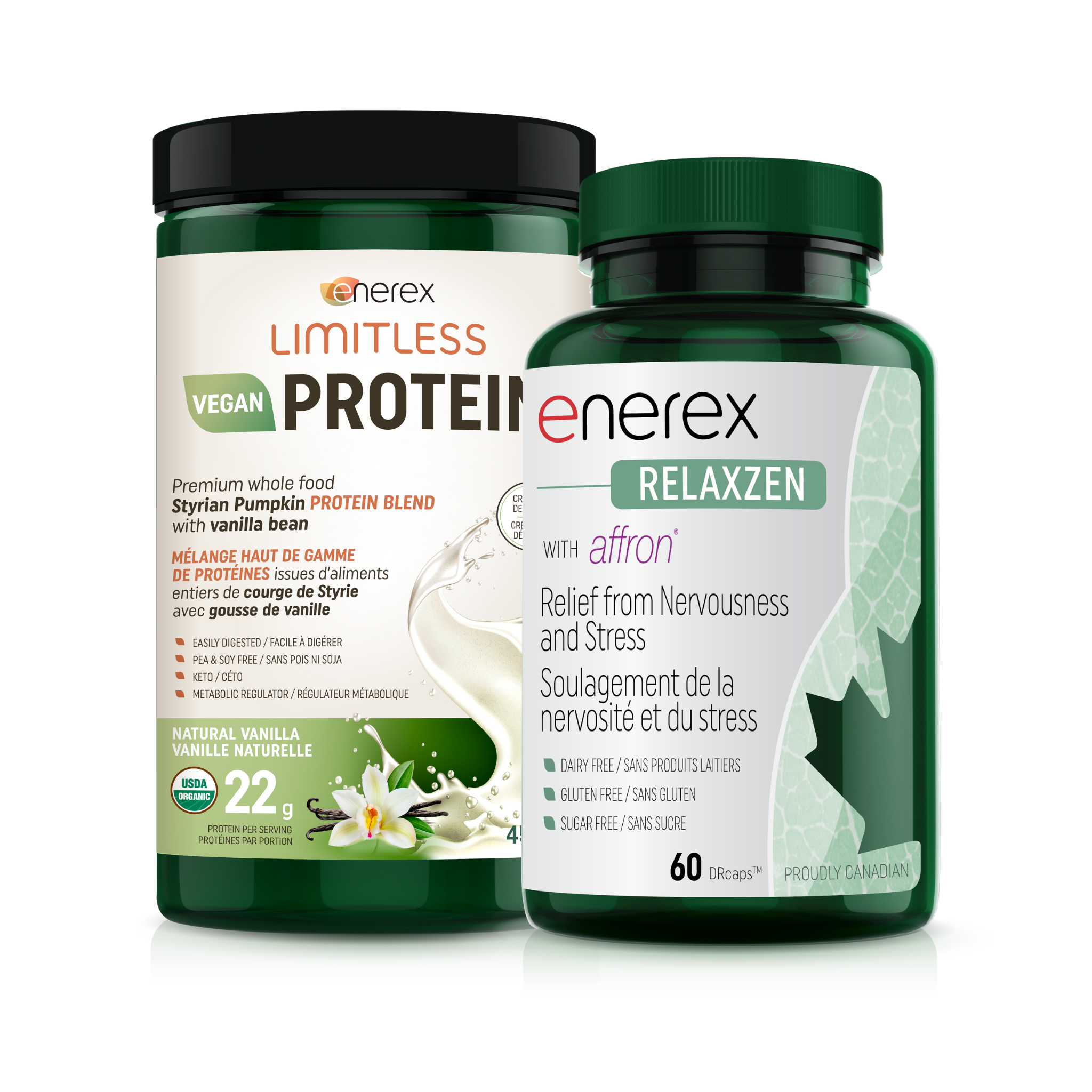
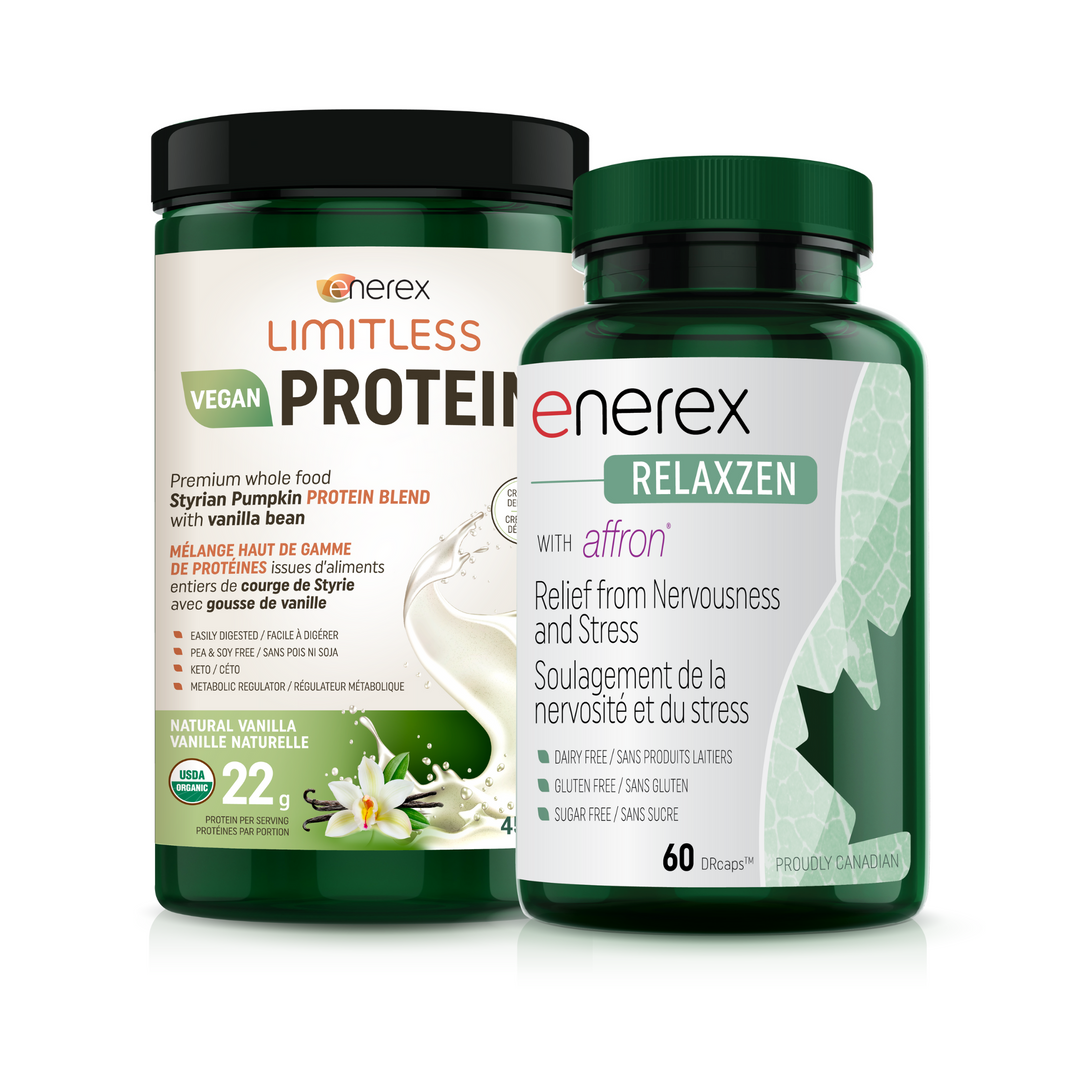
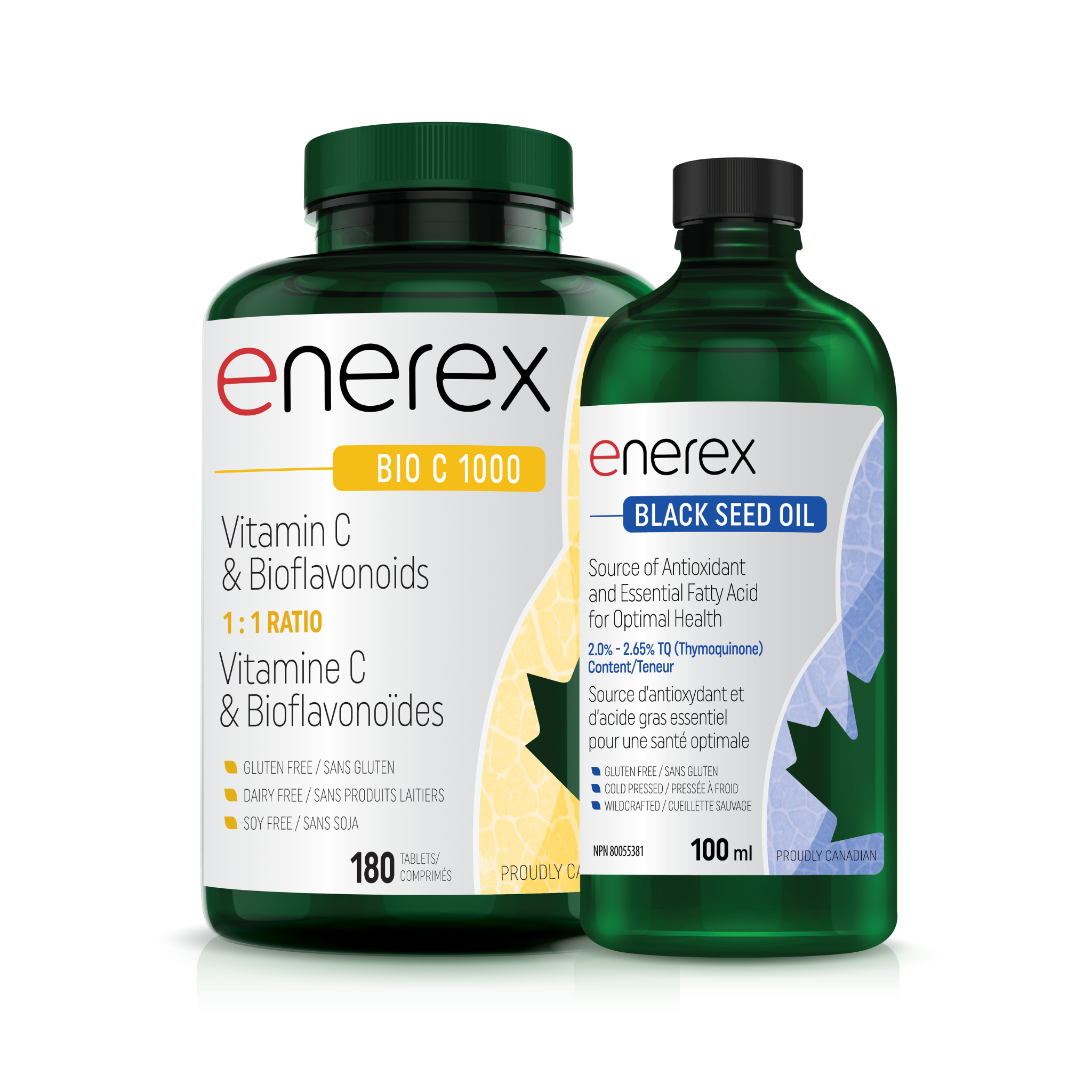
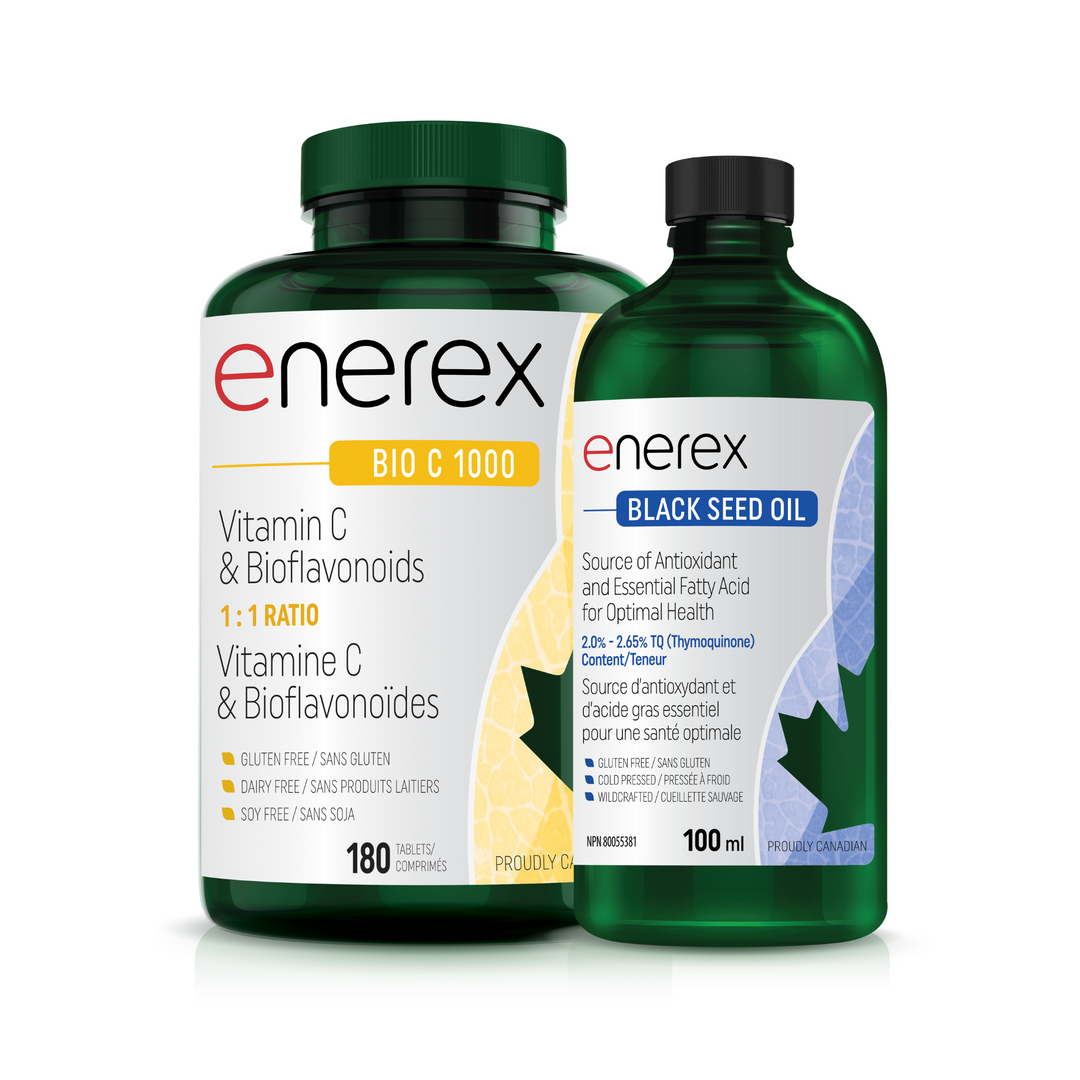
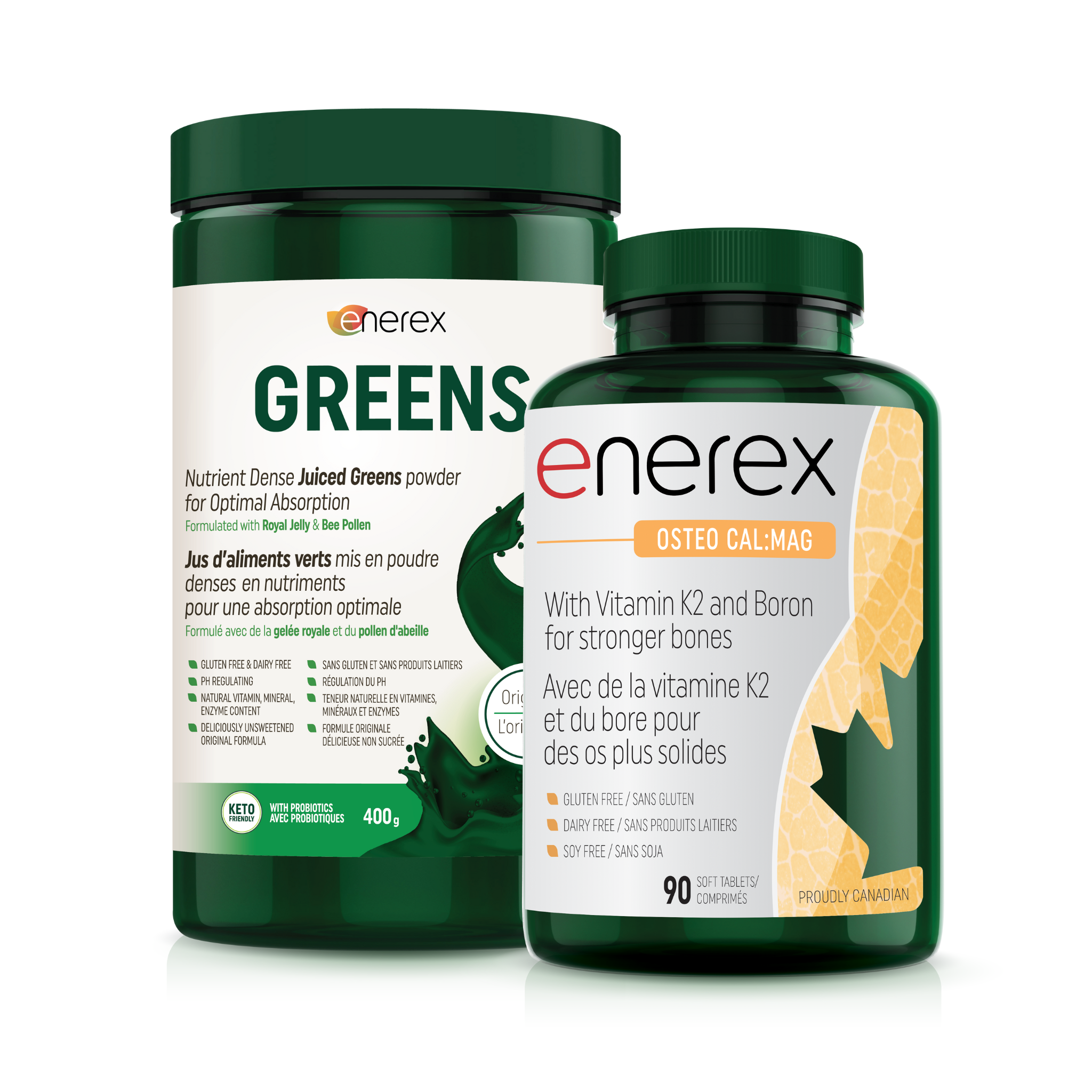
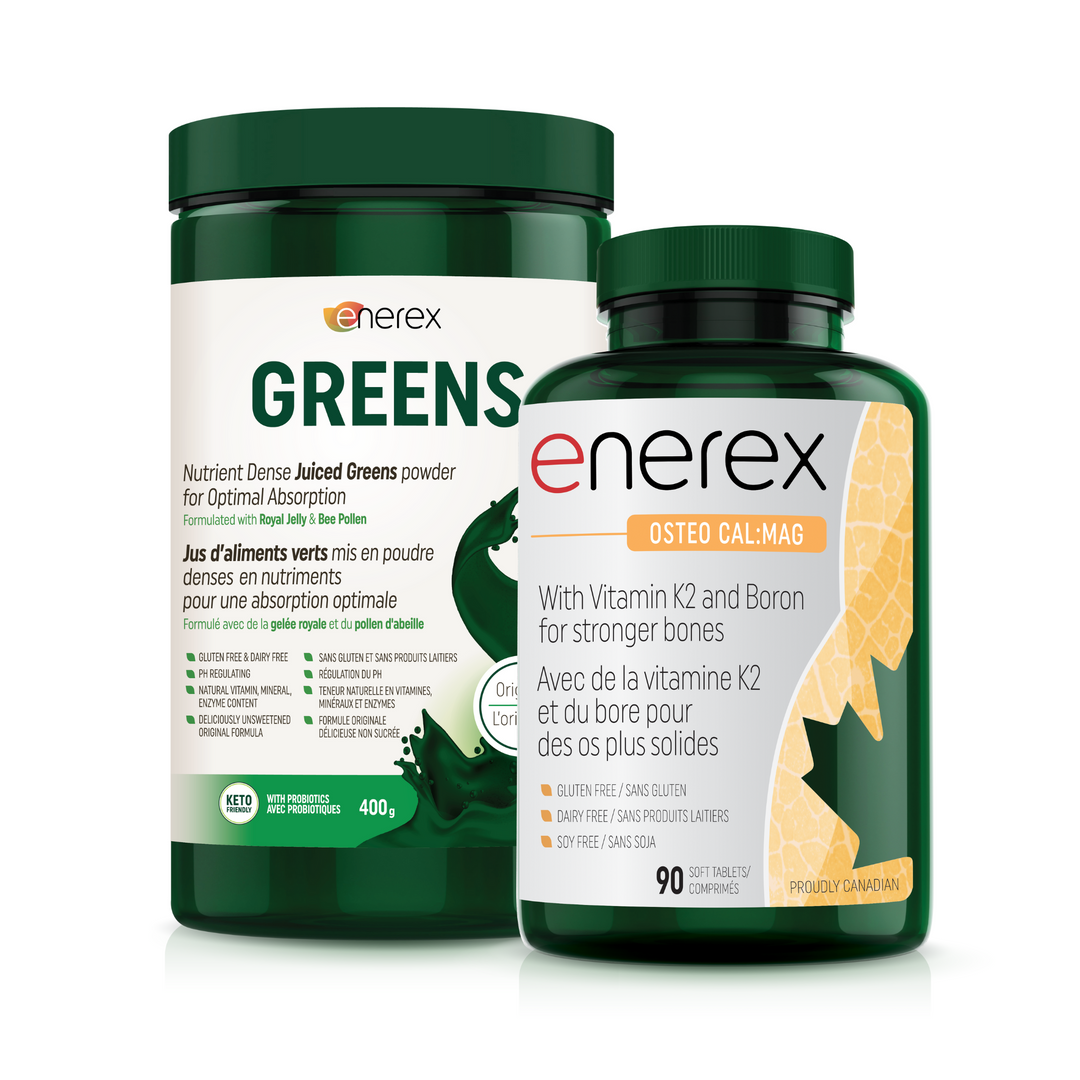
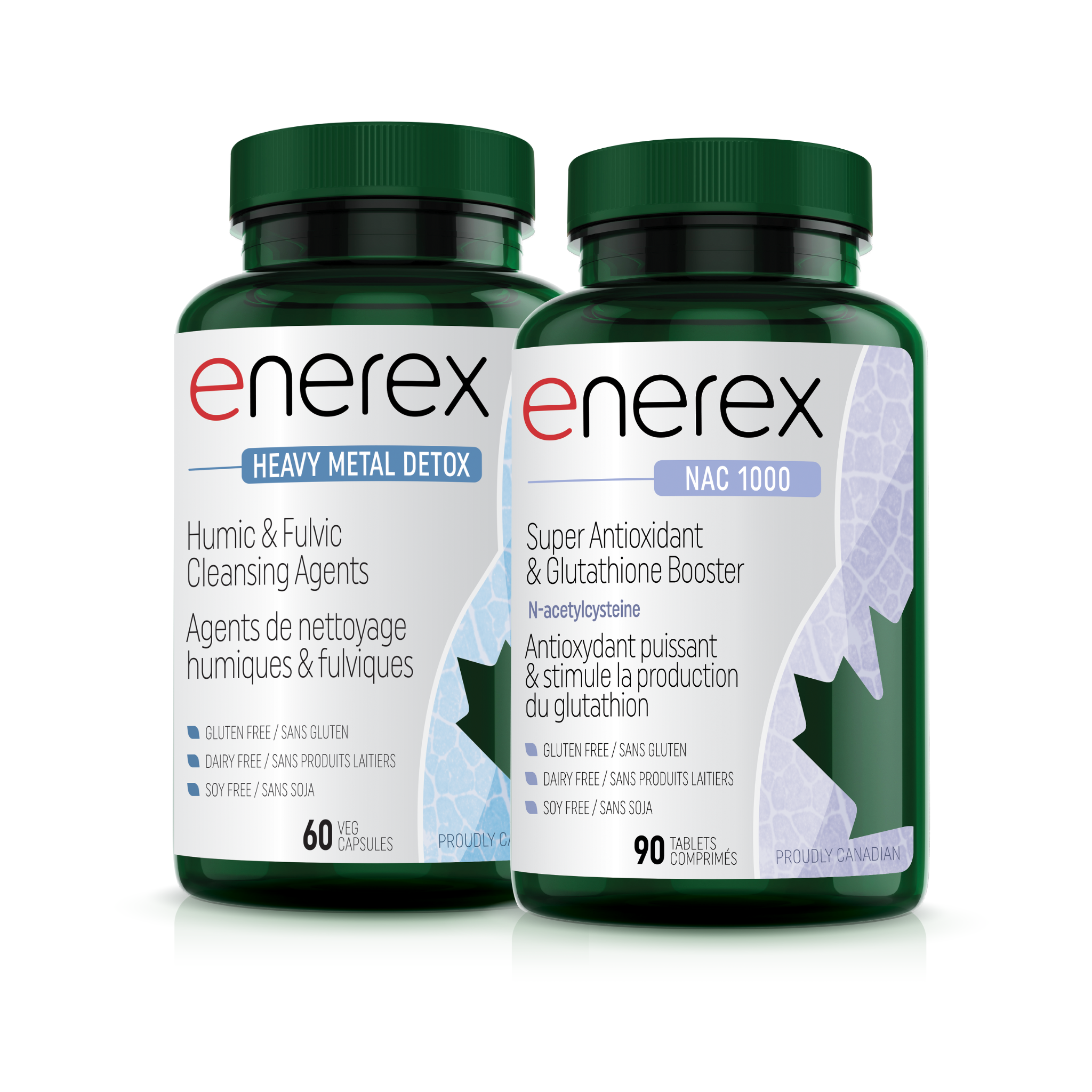
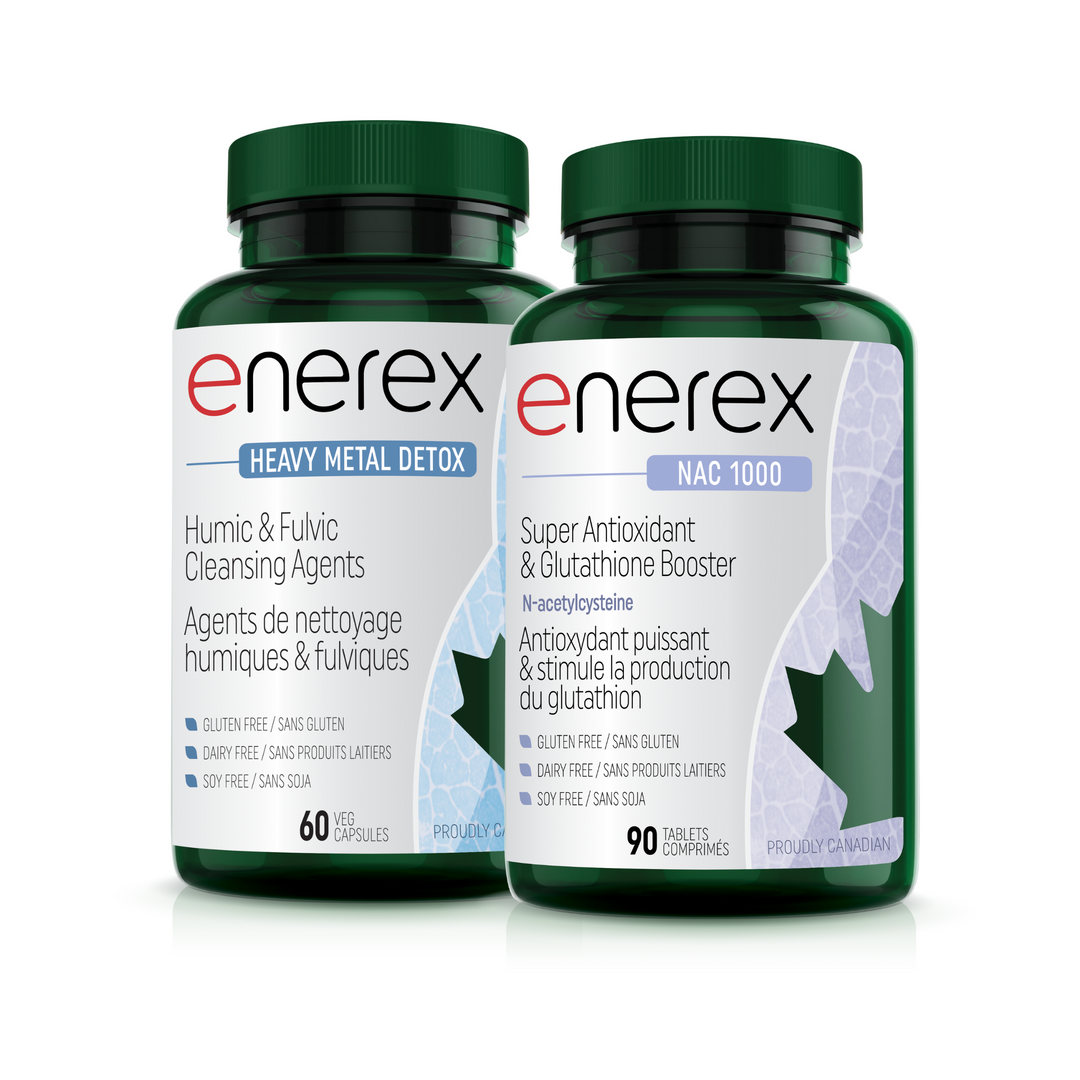
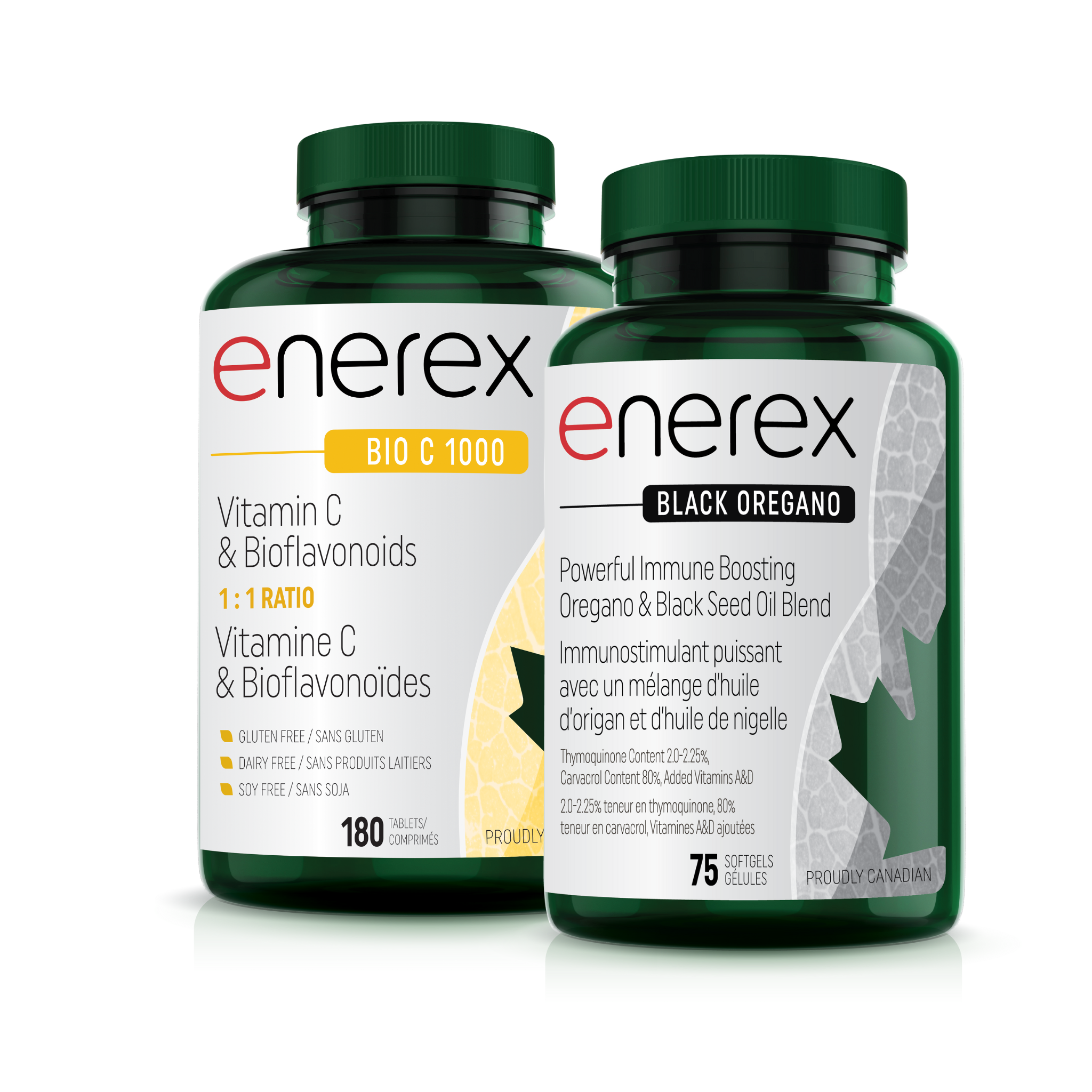
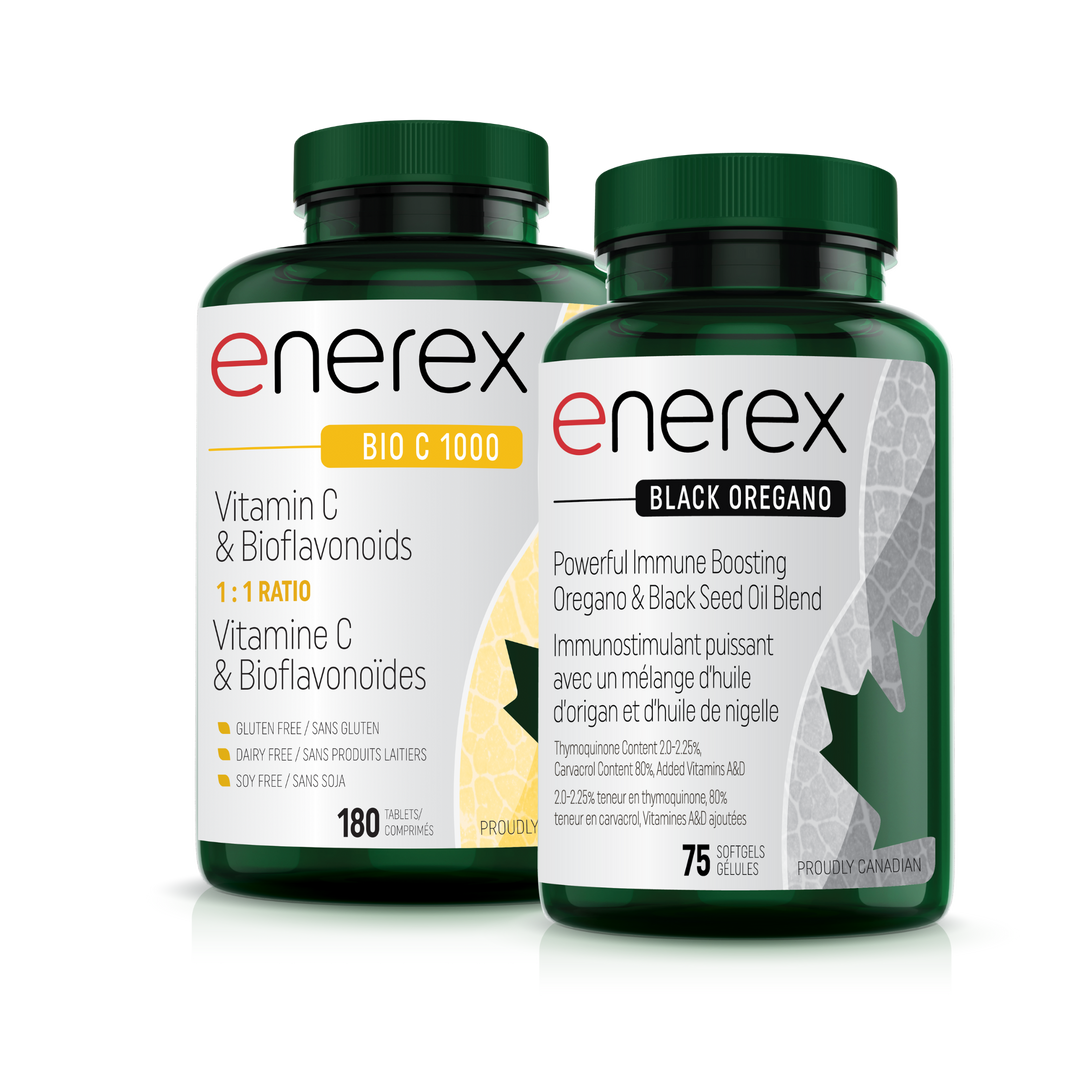
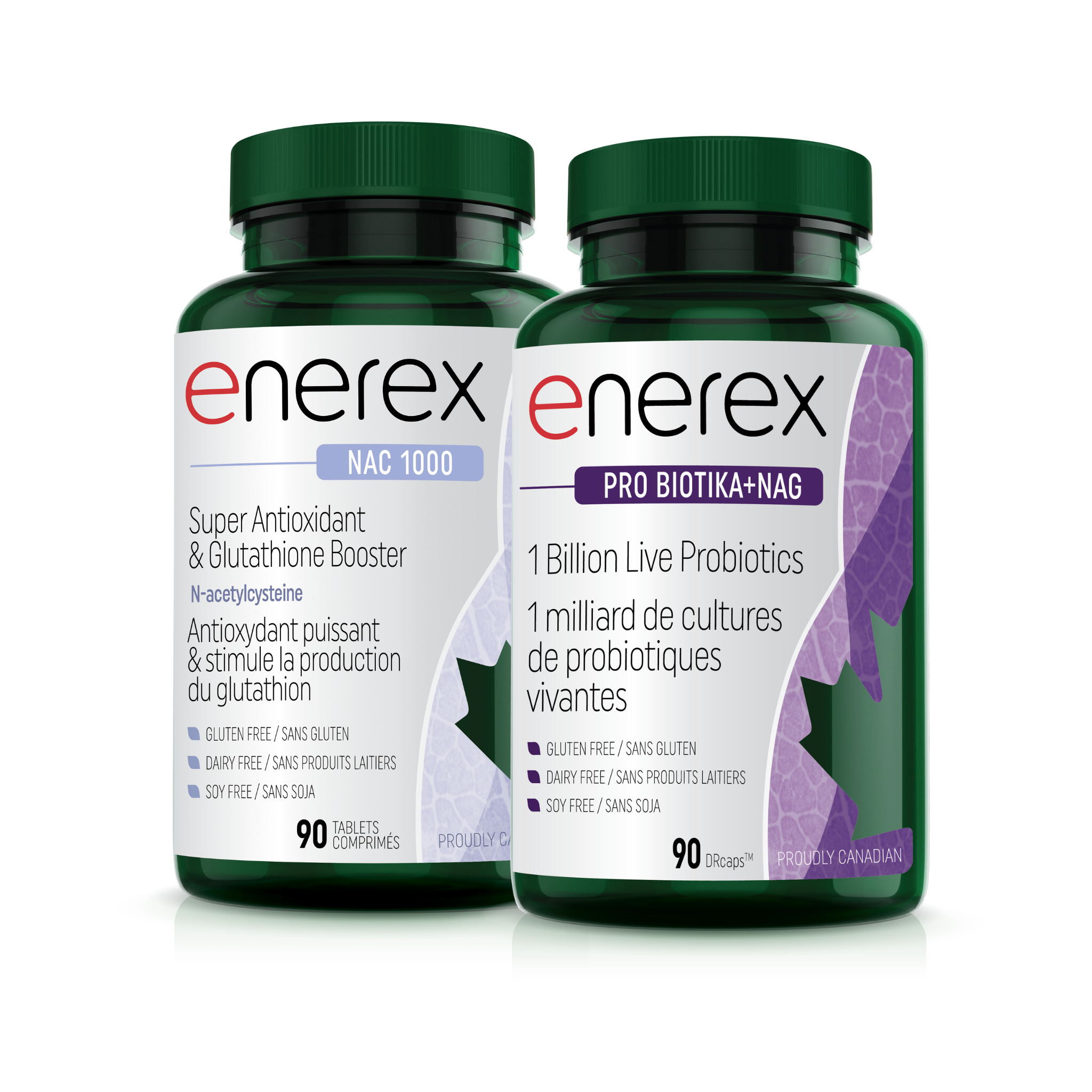
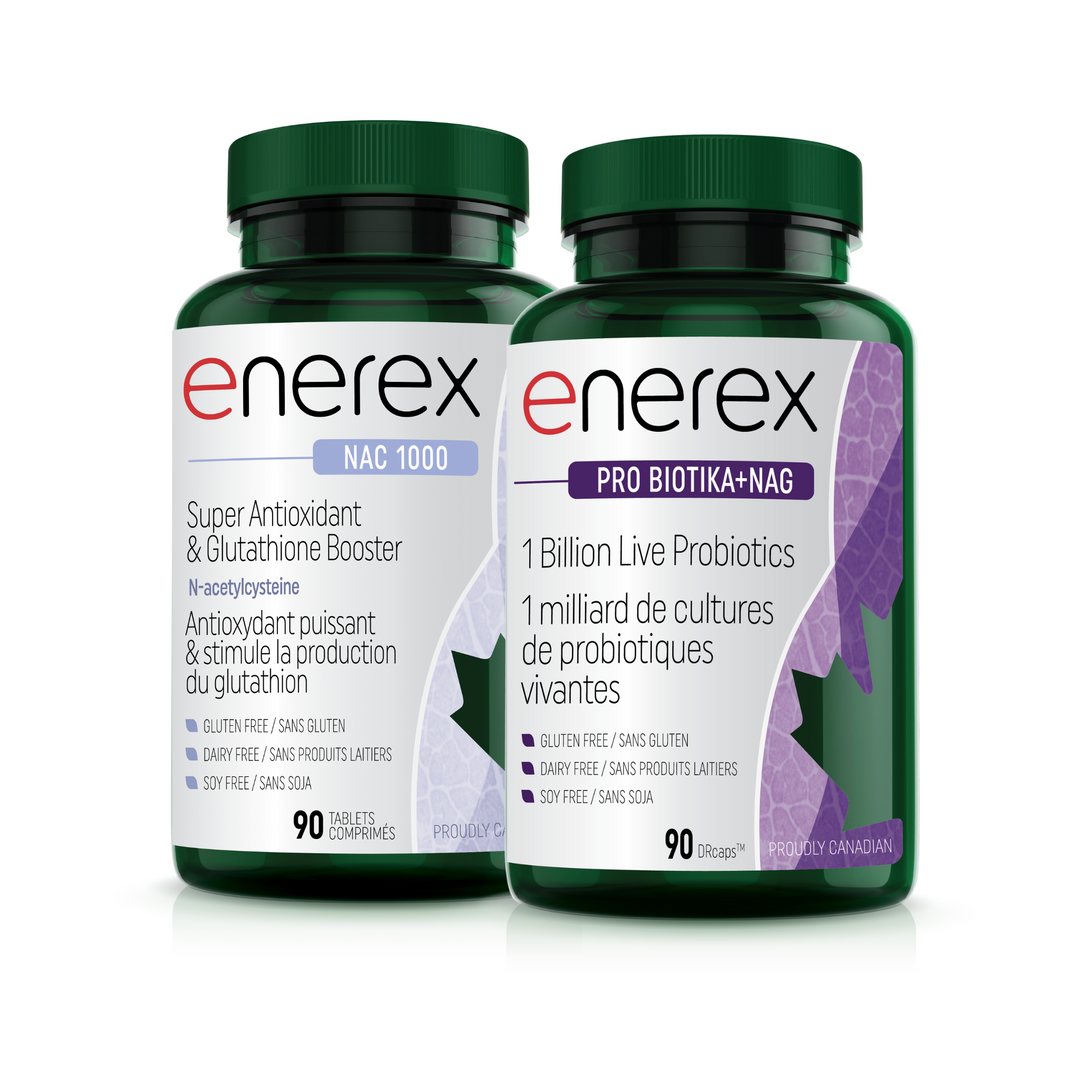
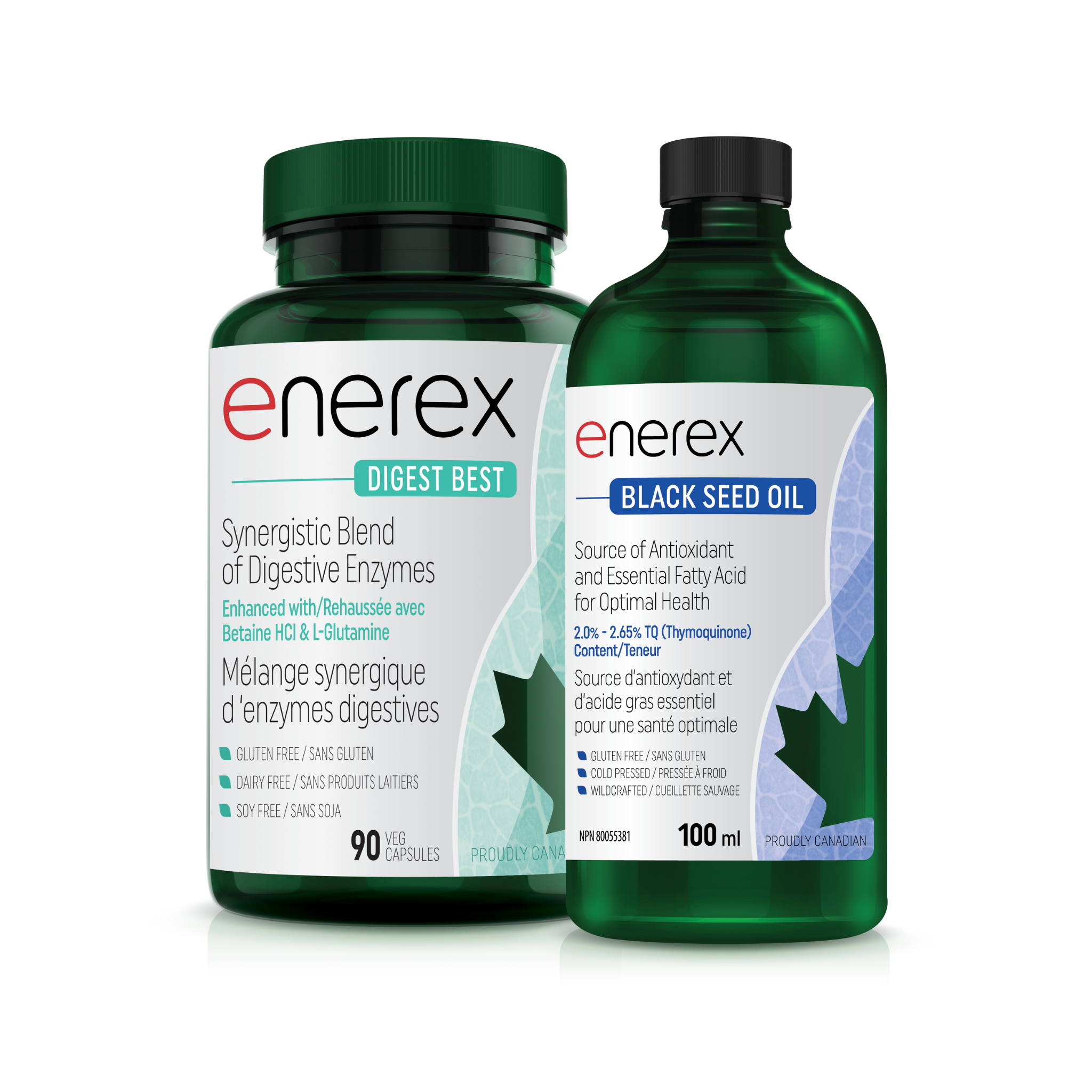
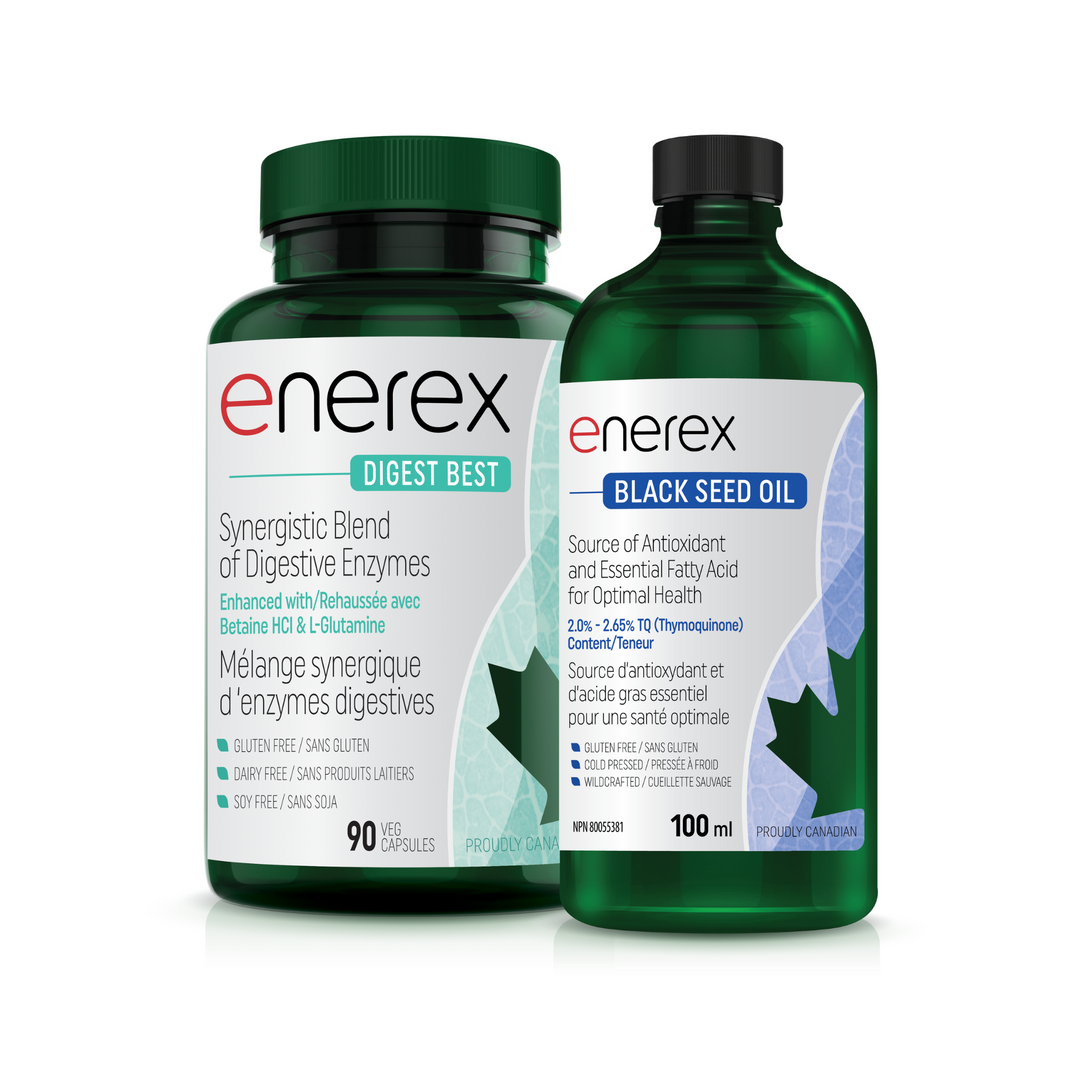
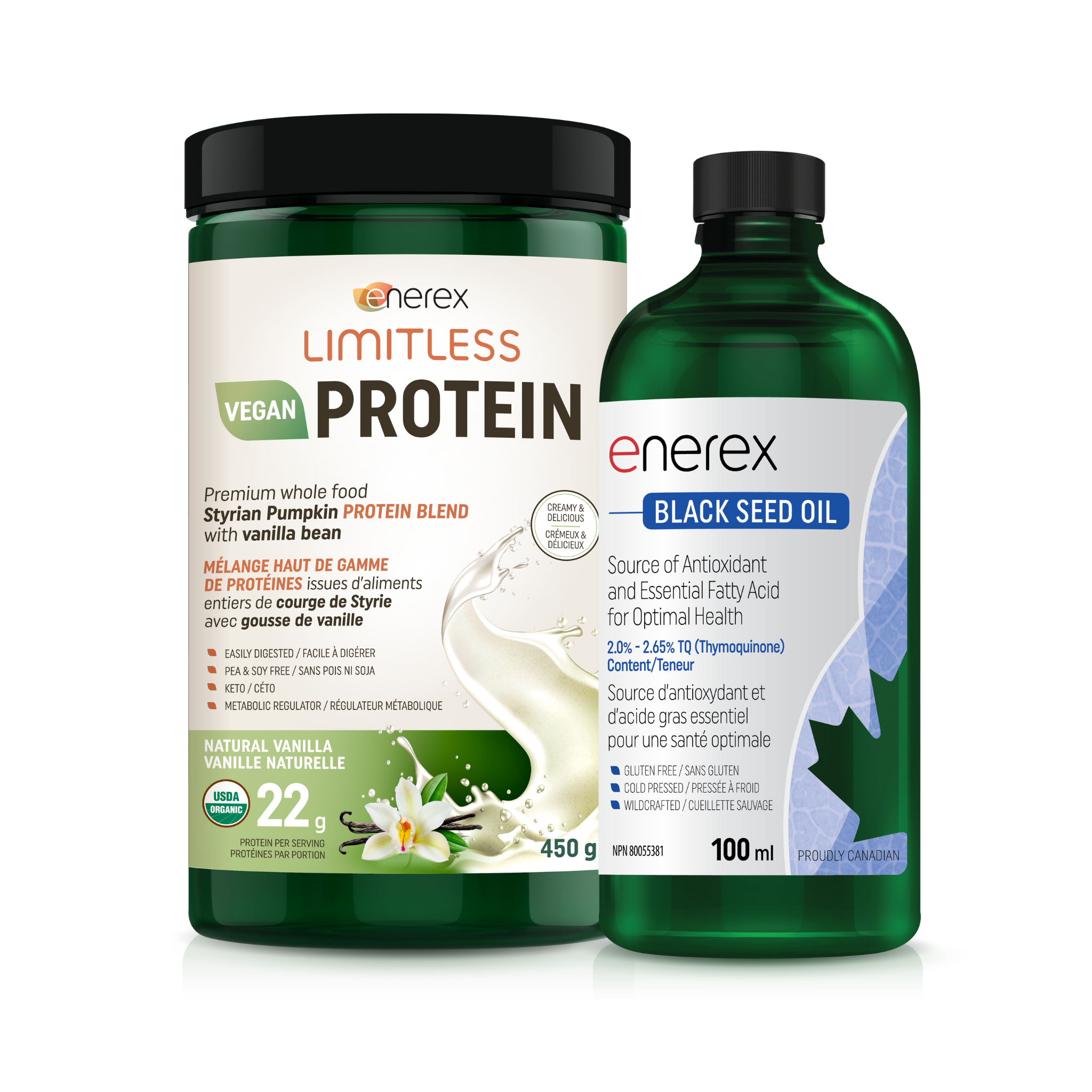
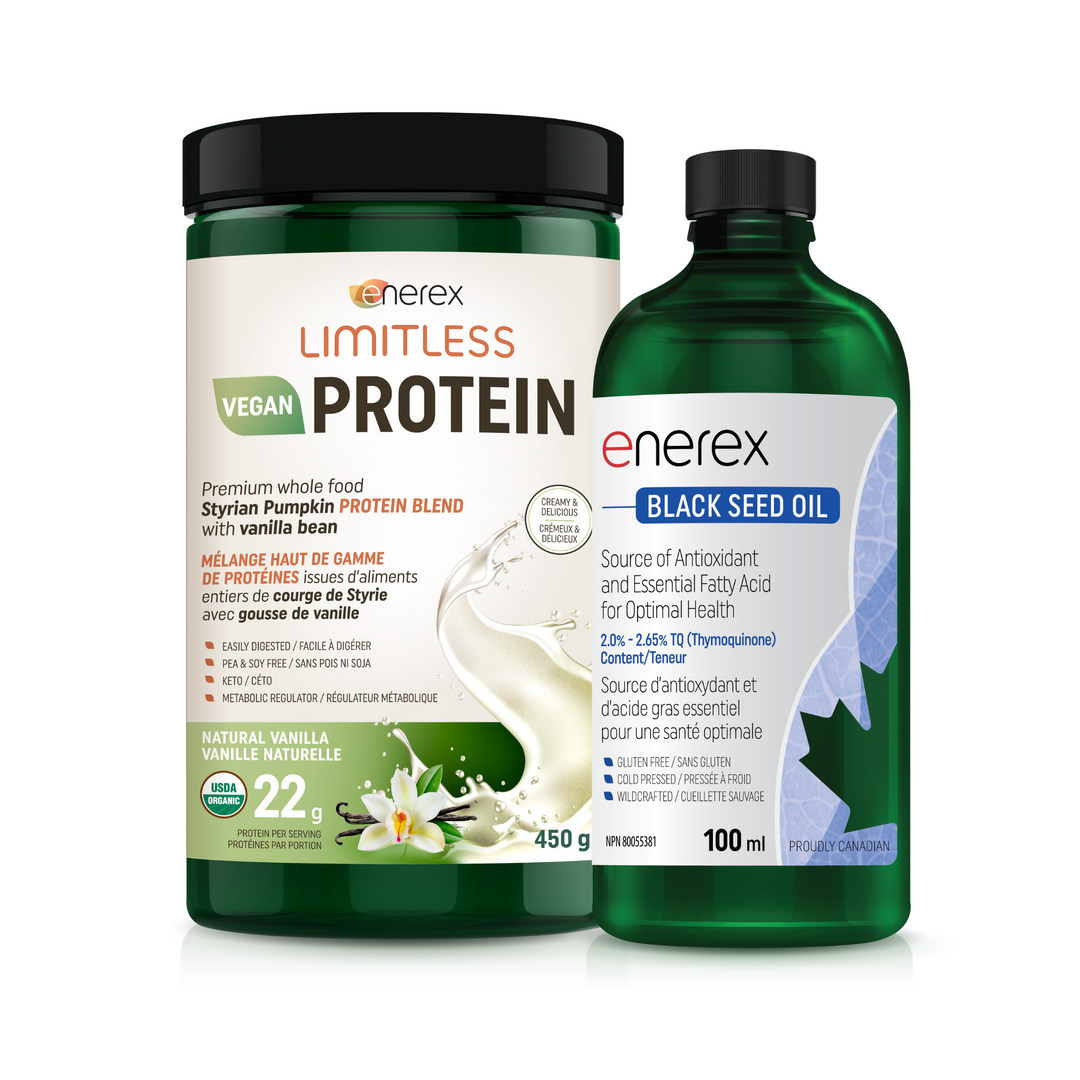
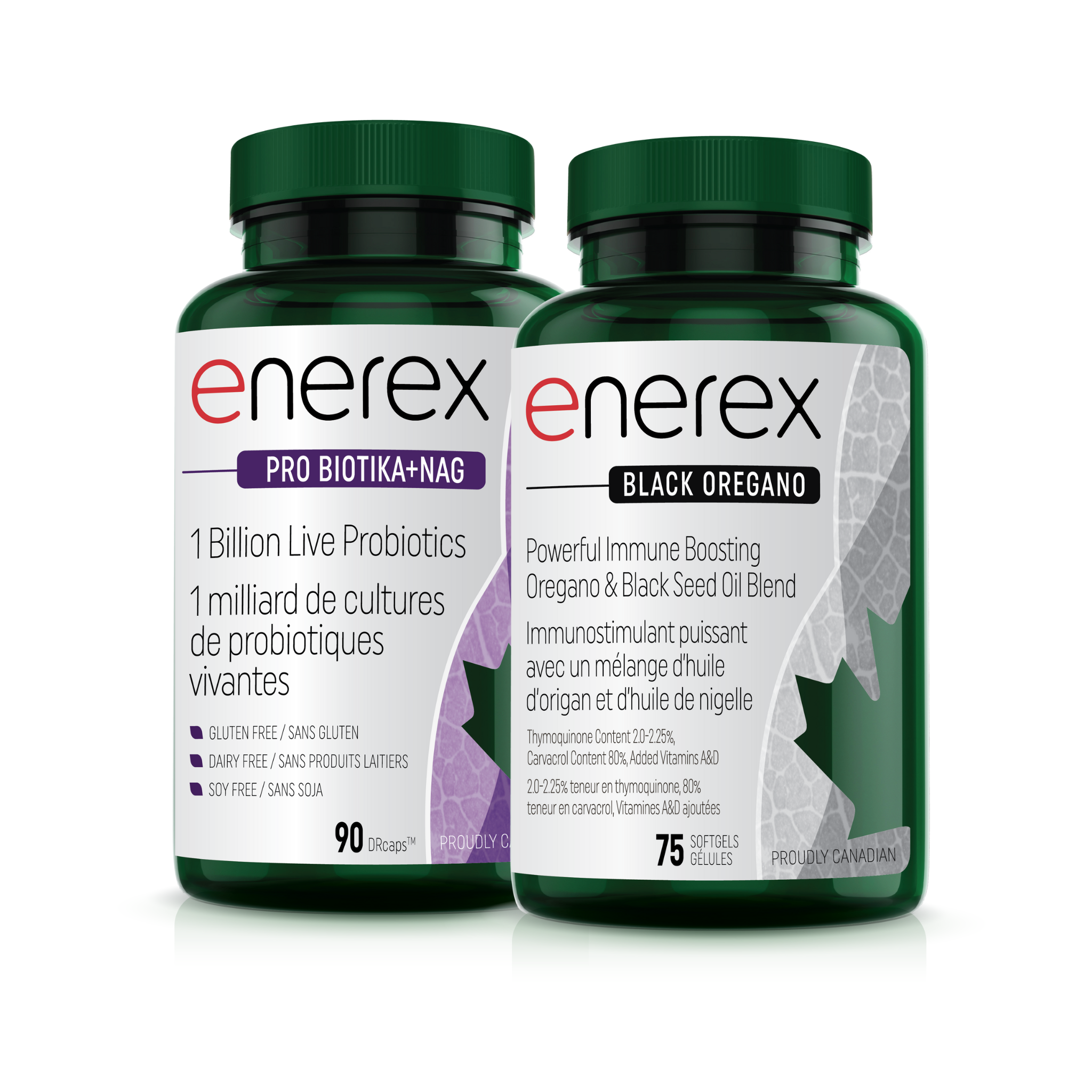
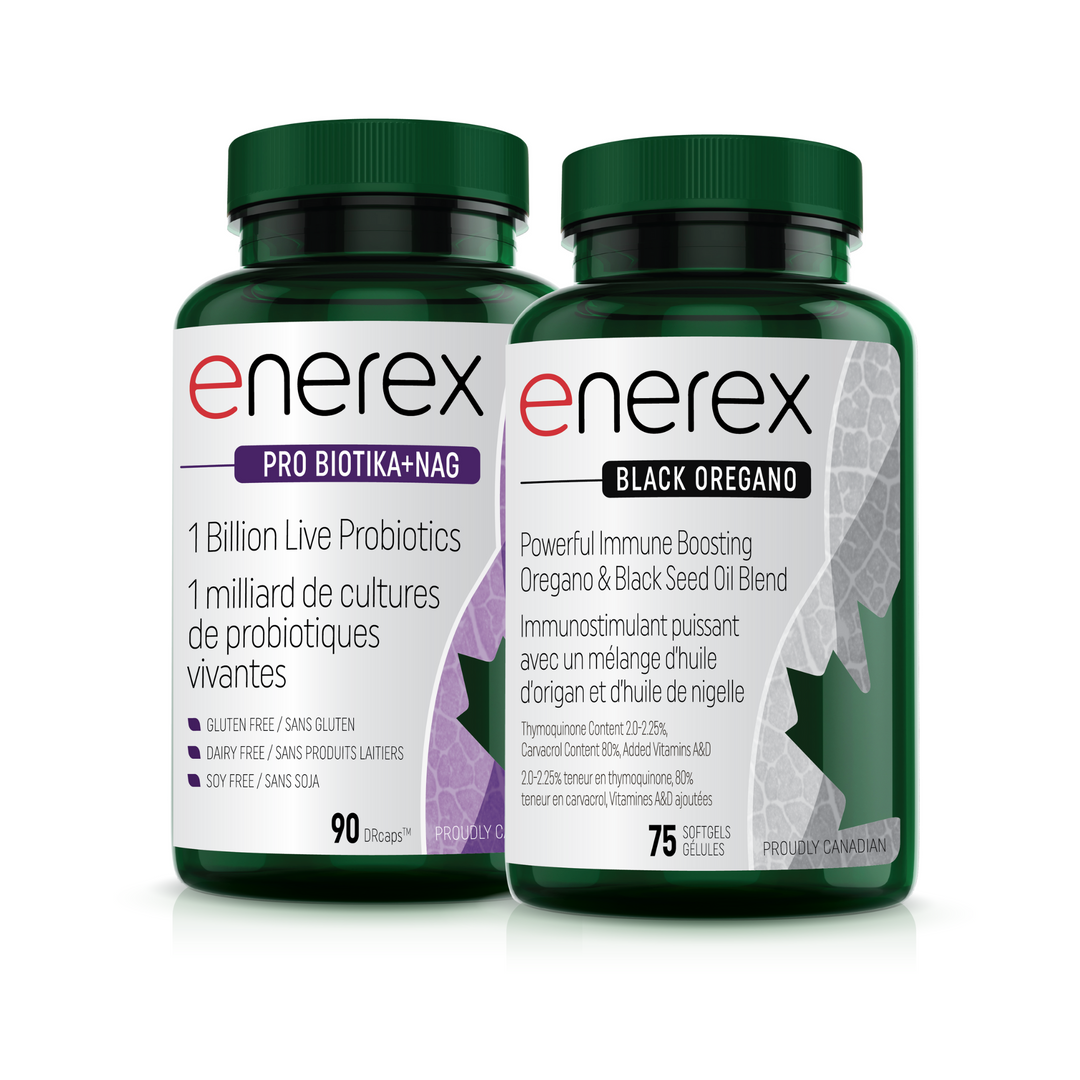
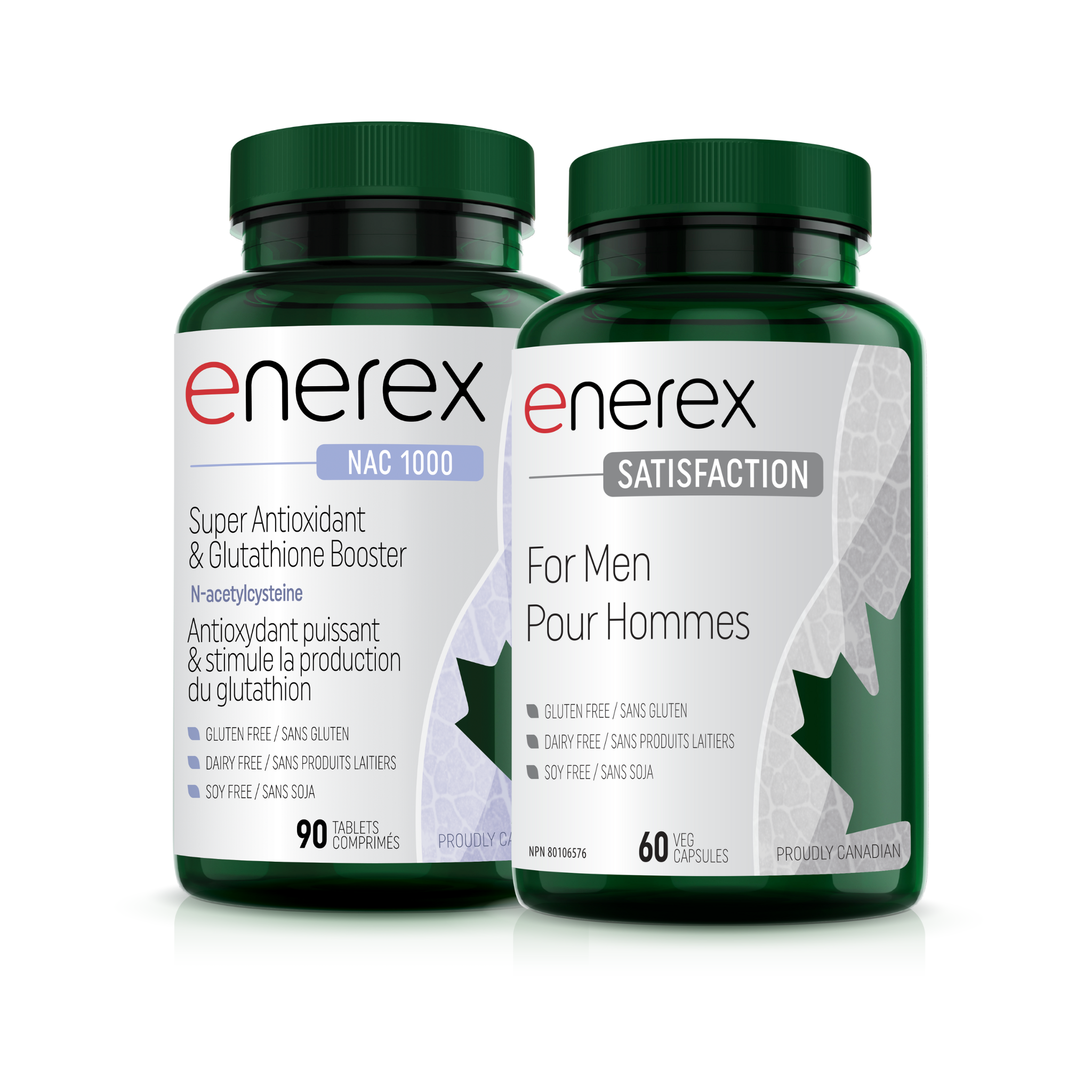
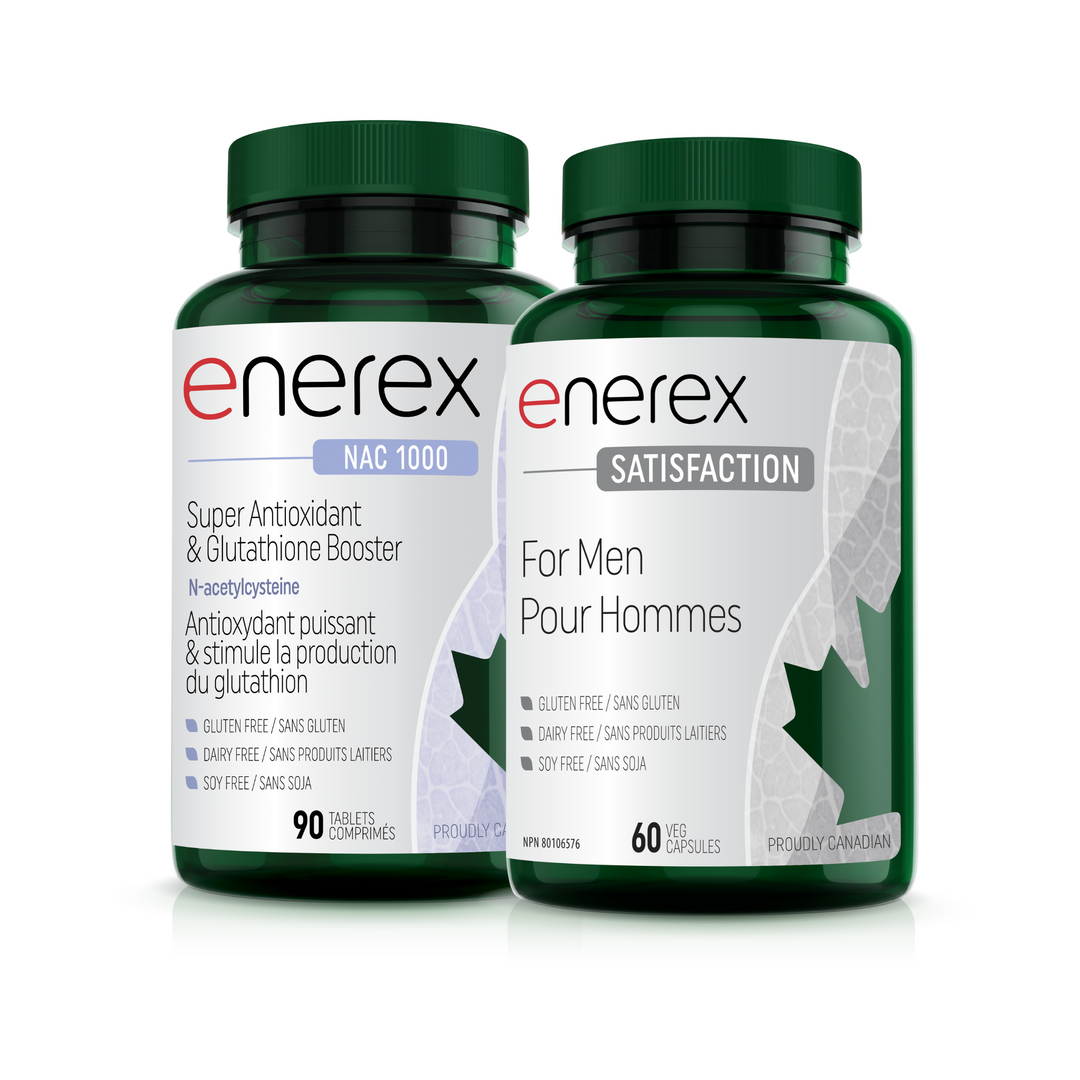
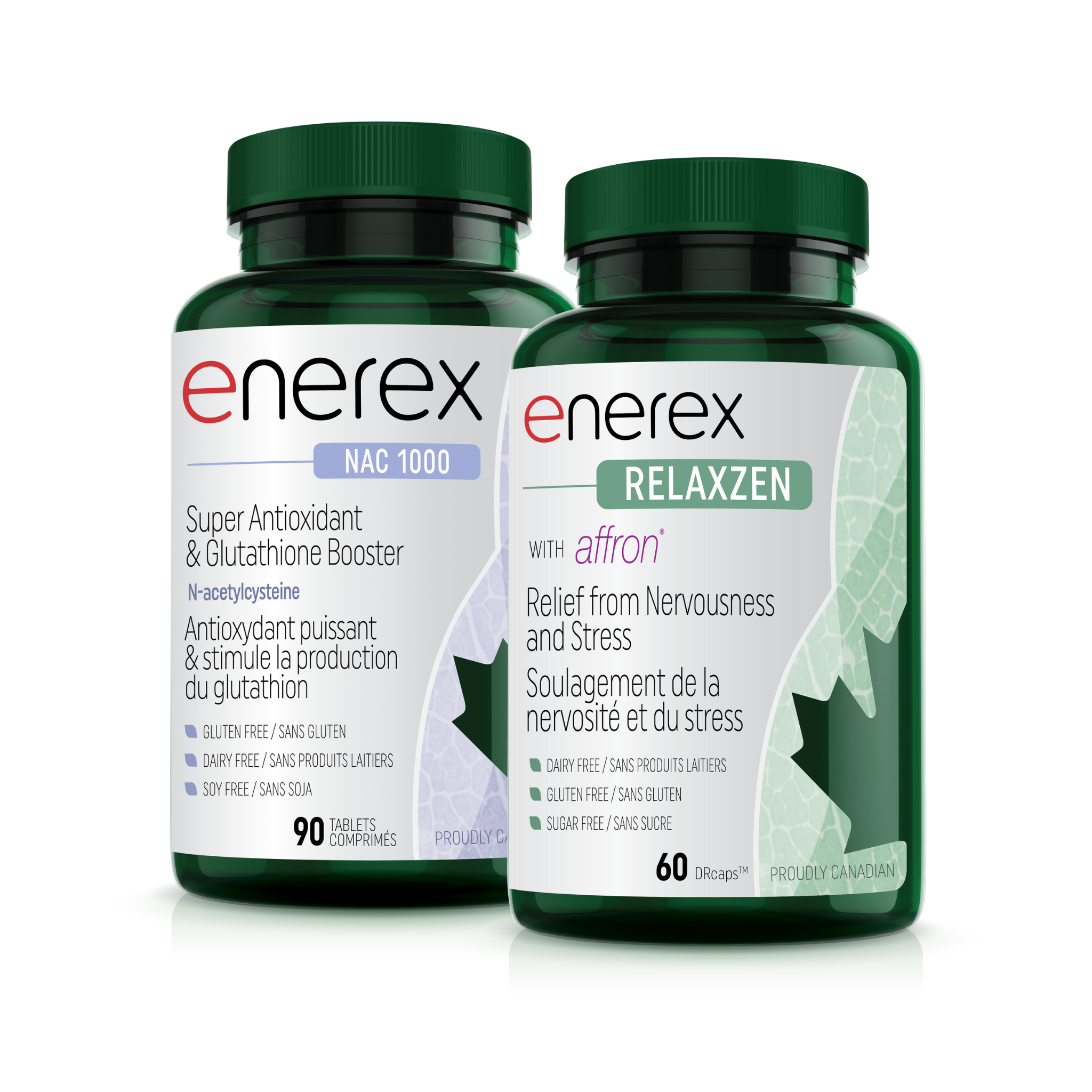
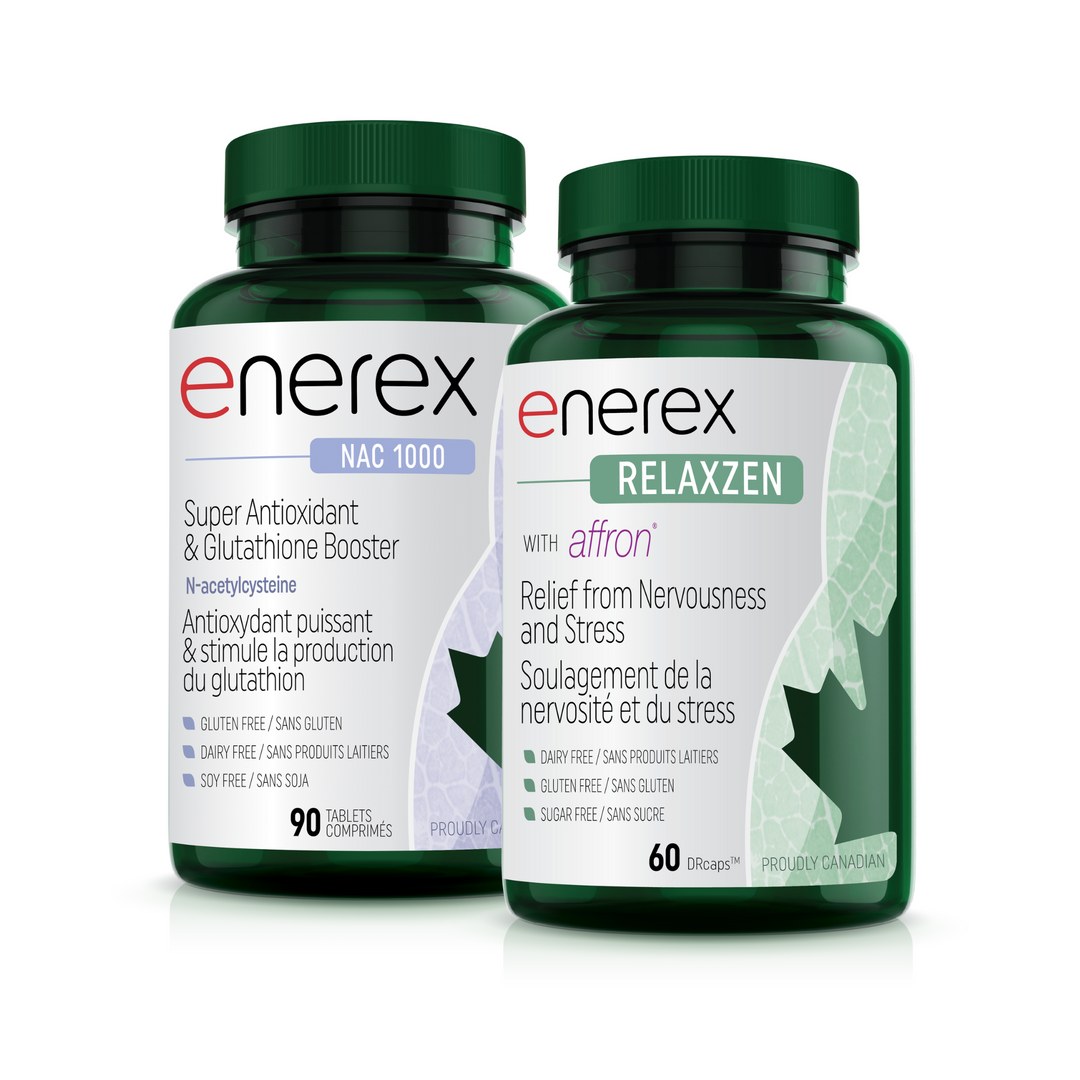
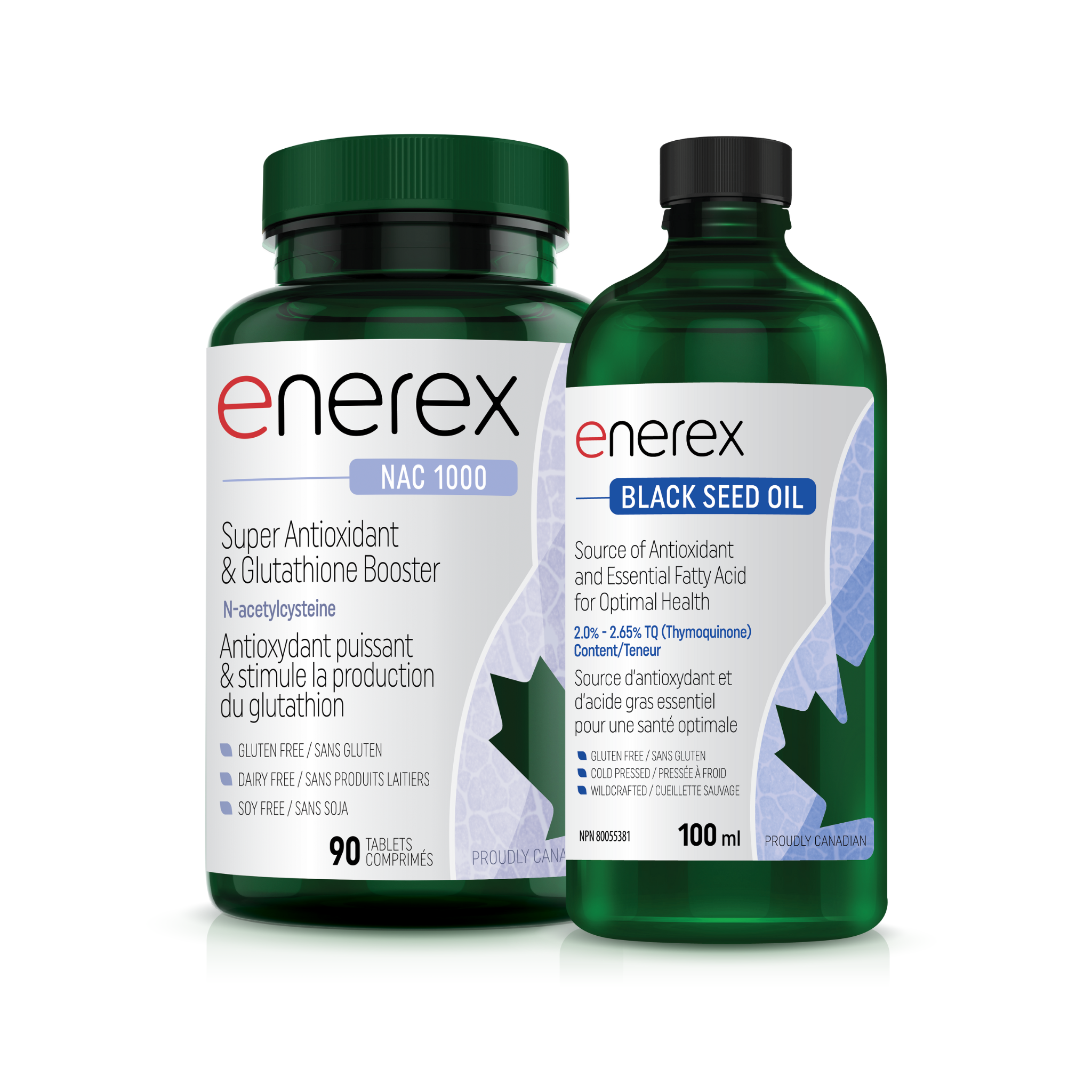
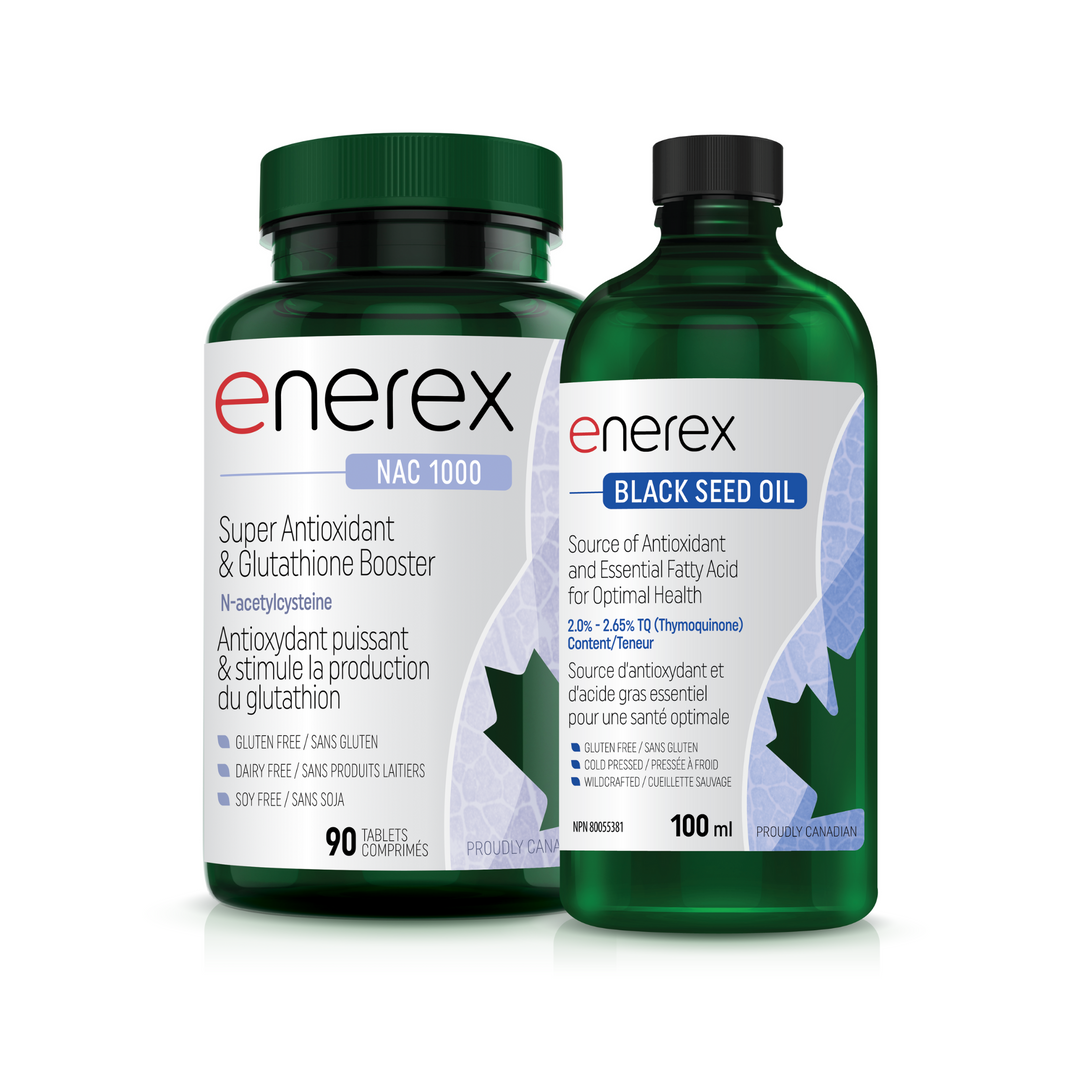
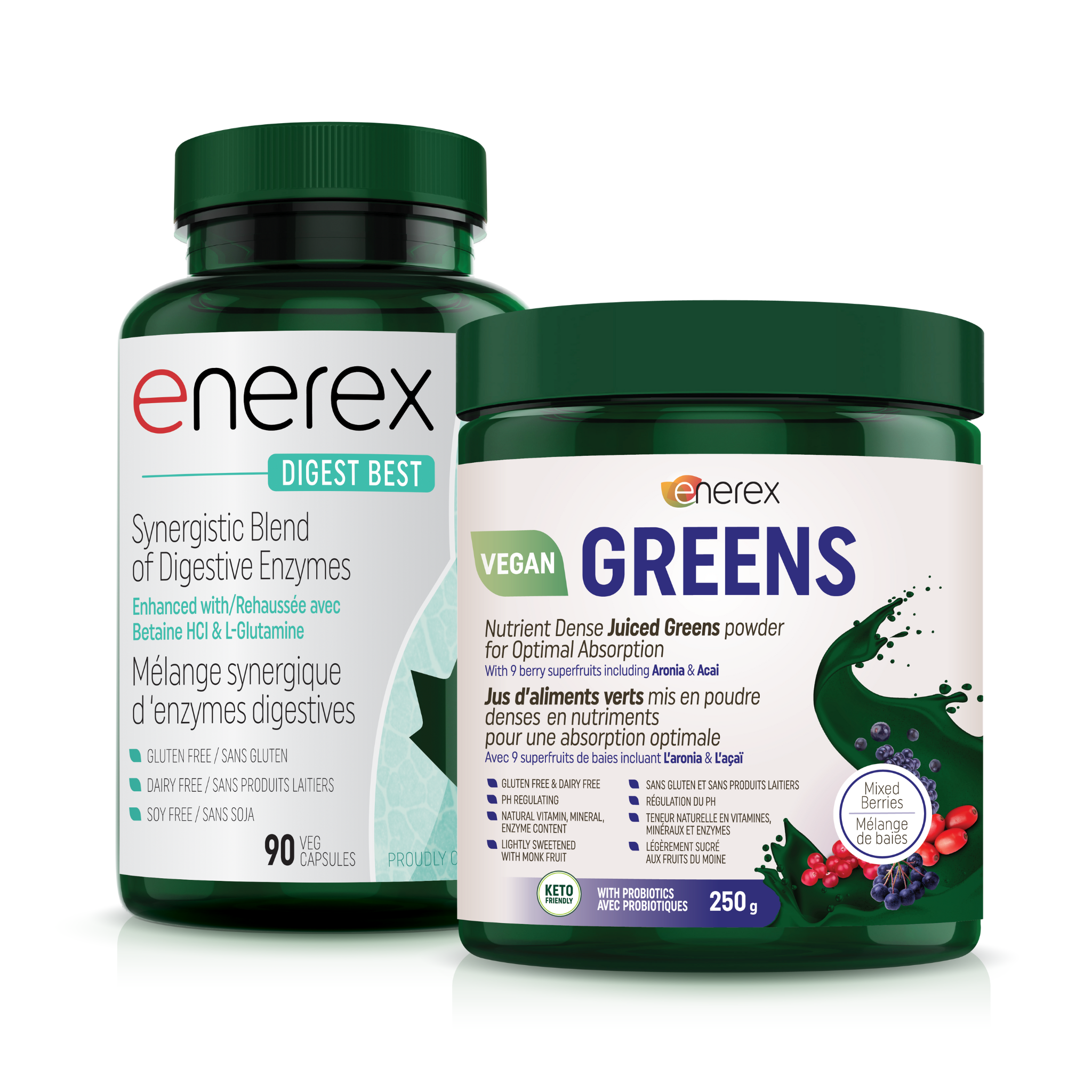
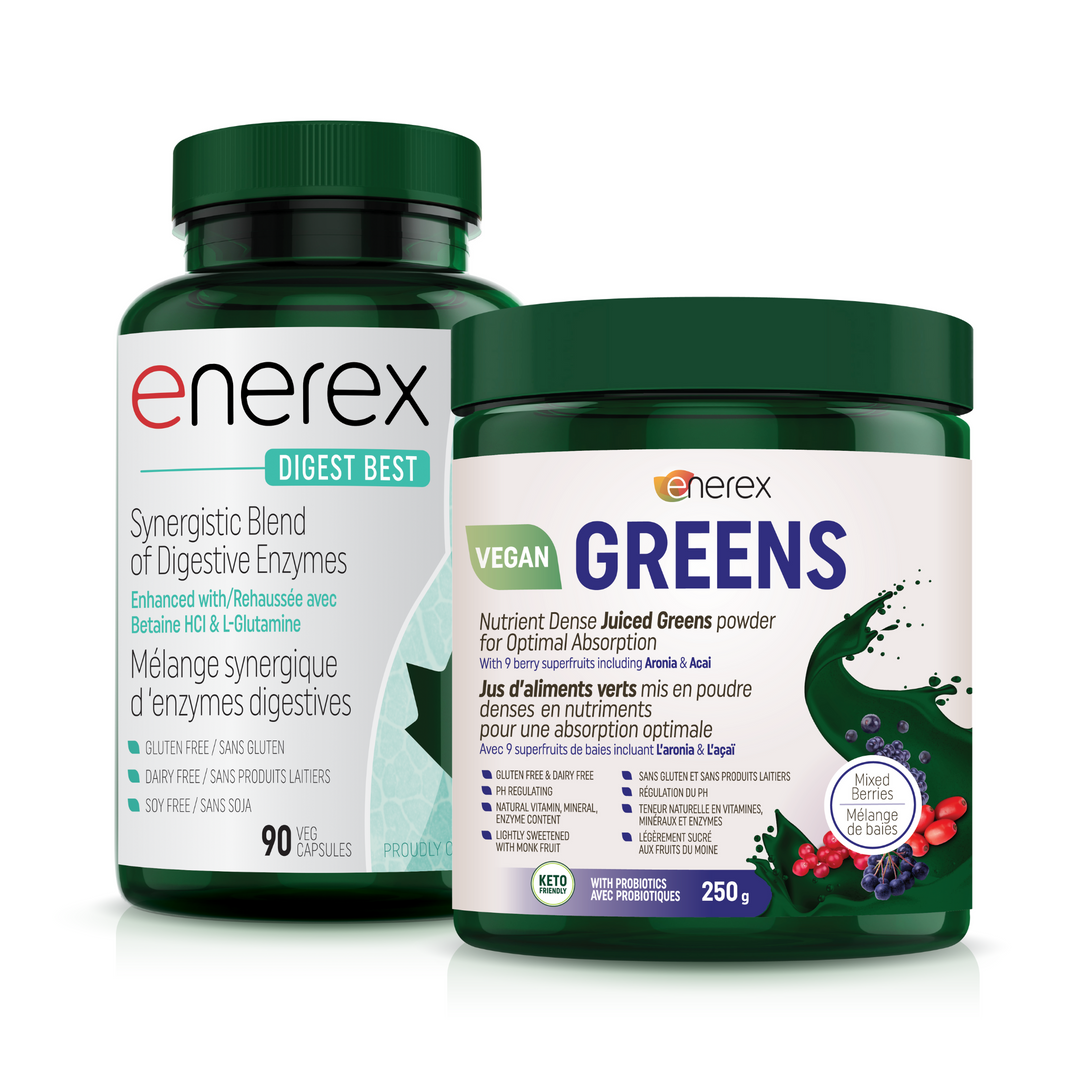
Laissez un commentaire